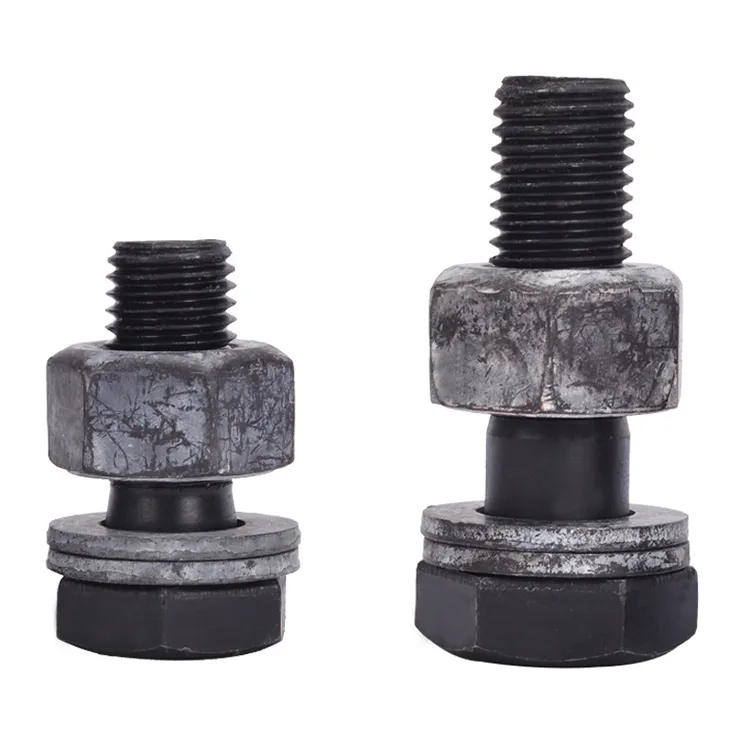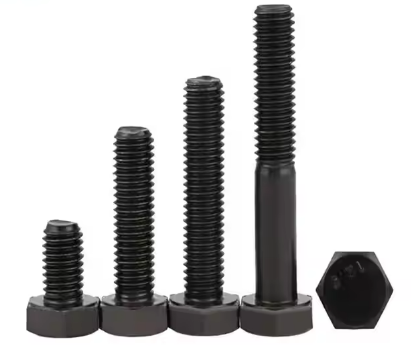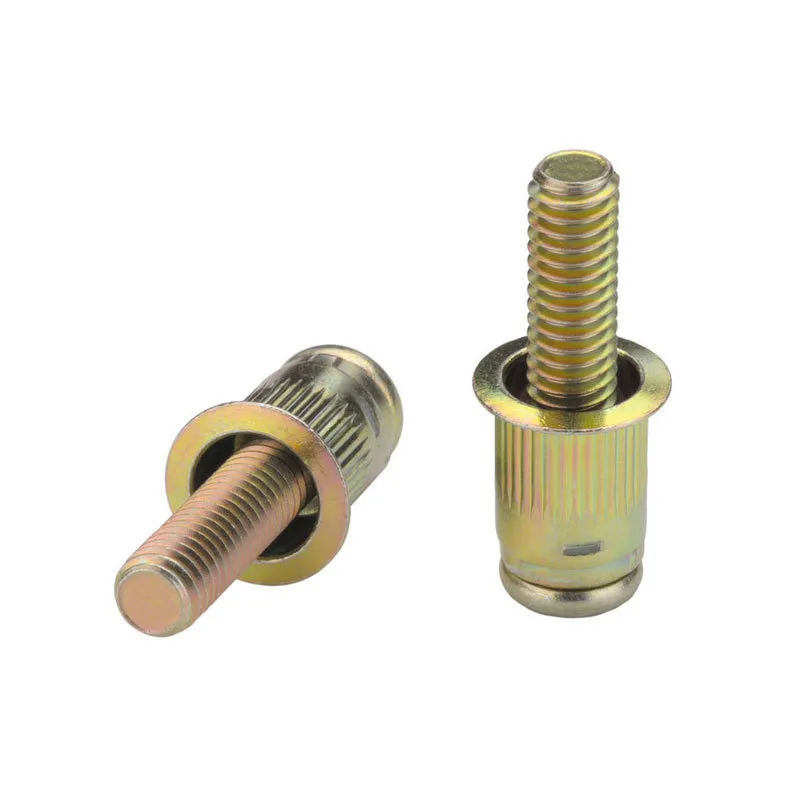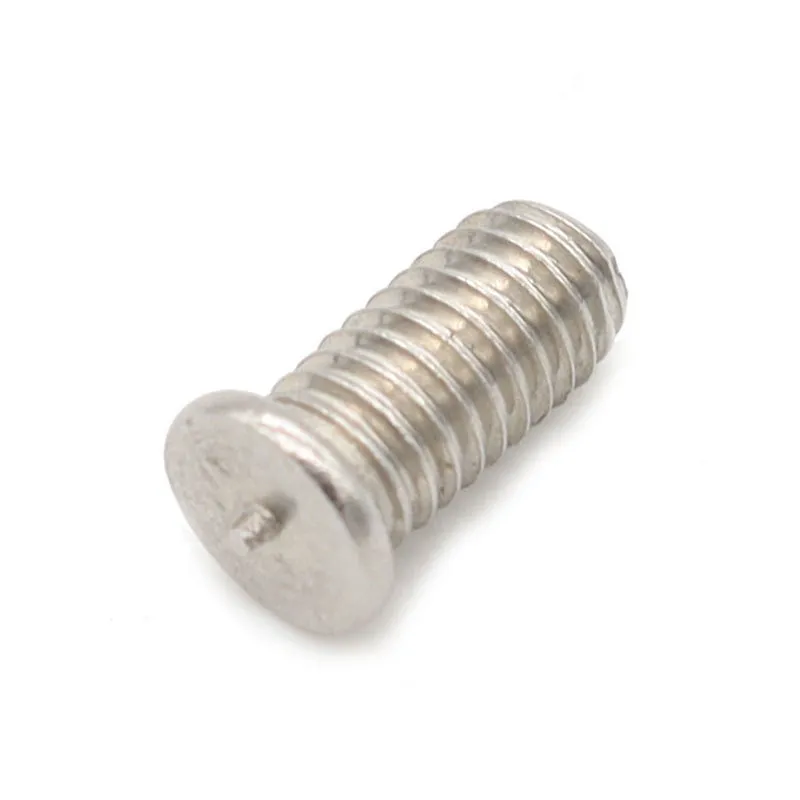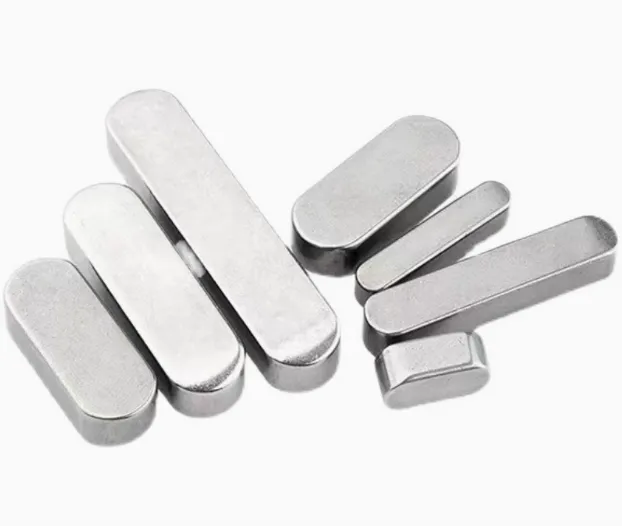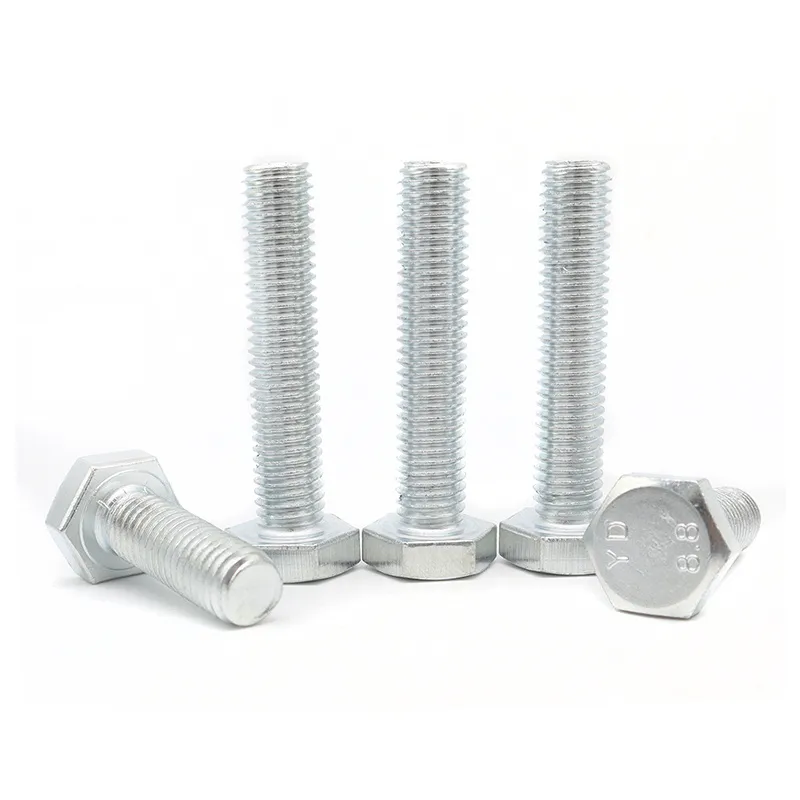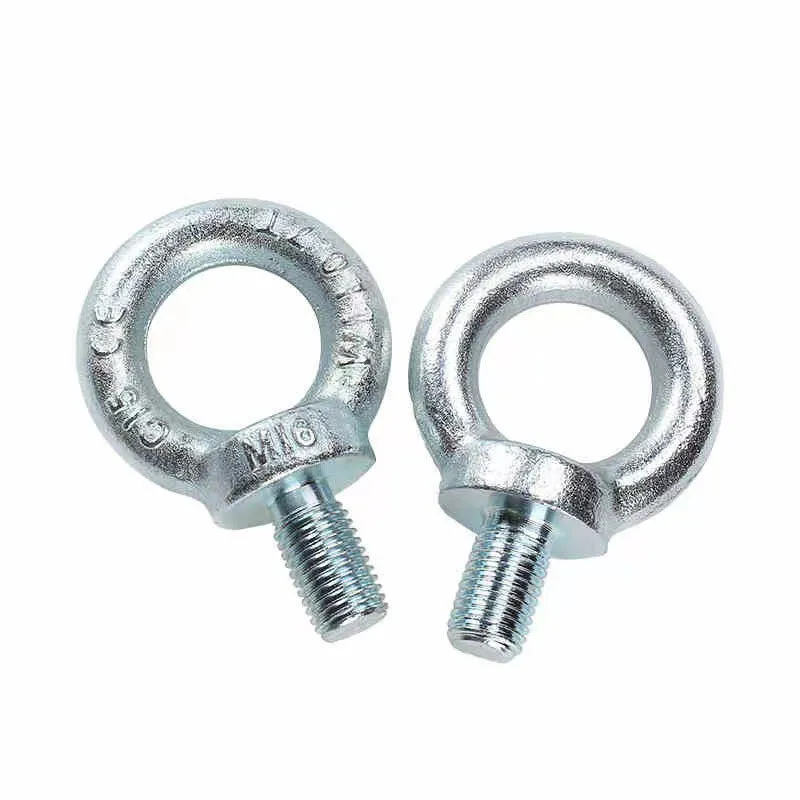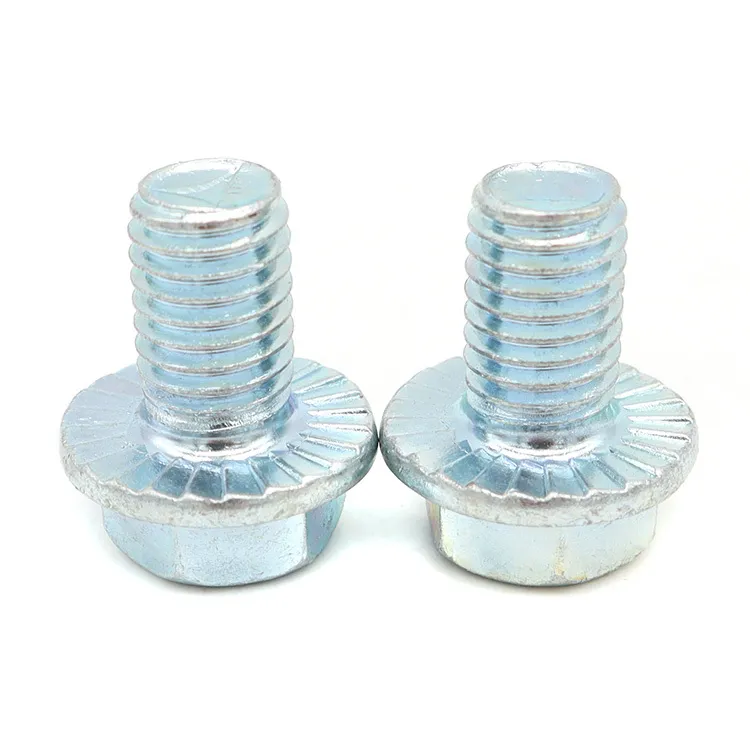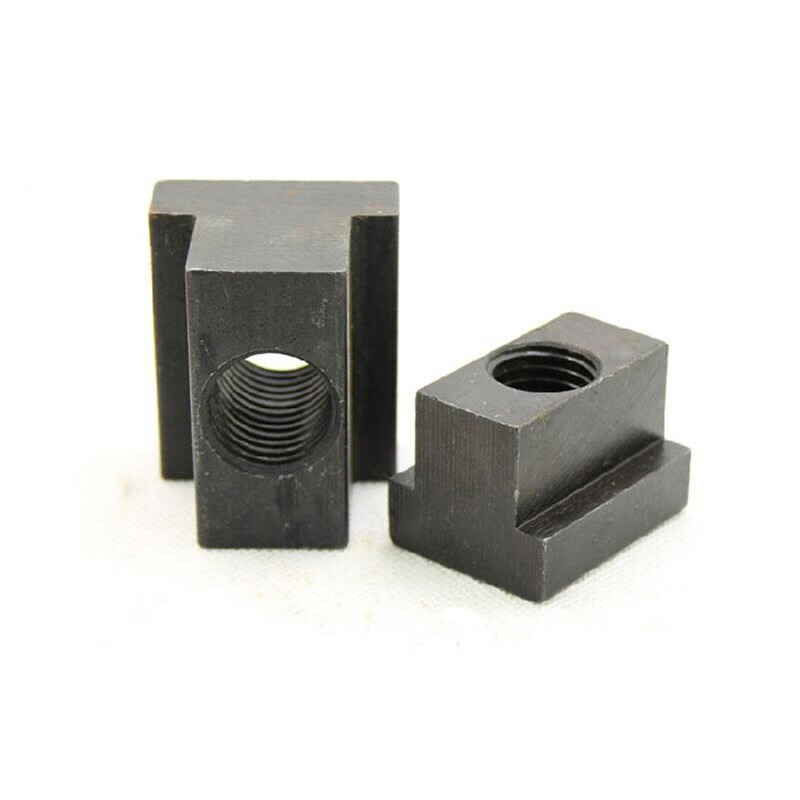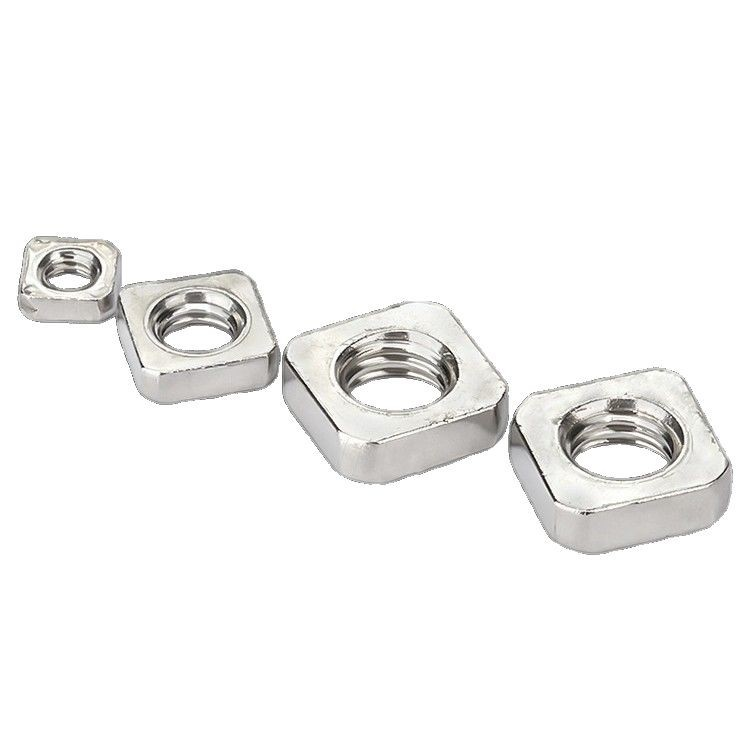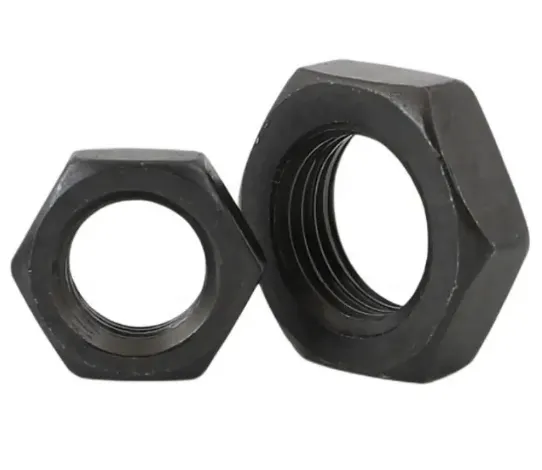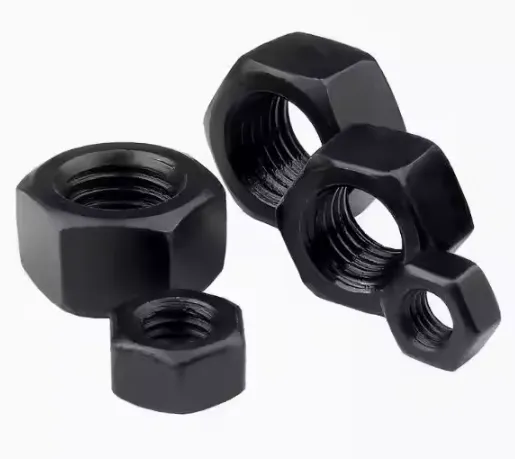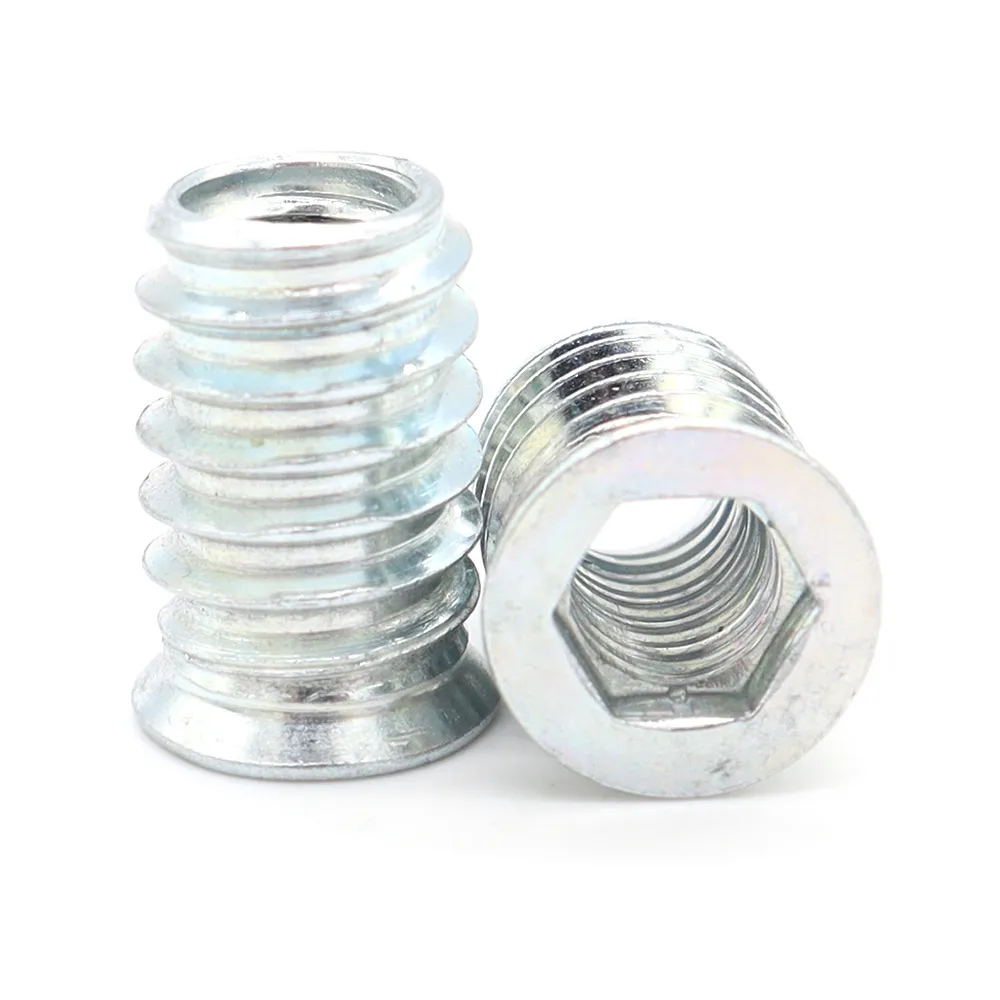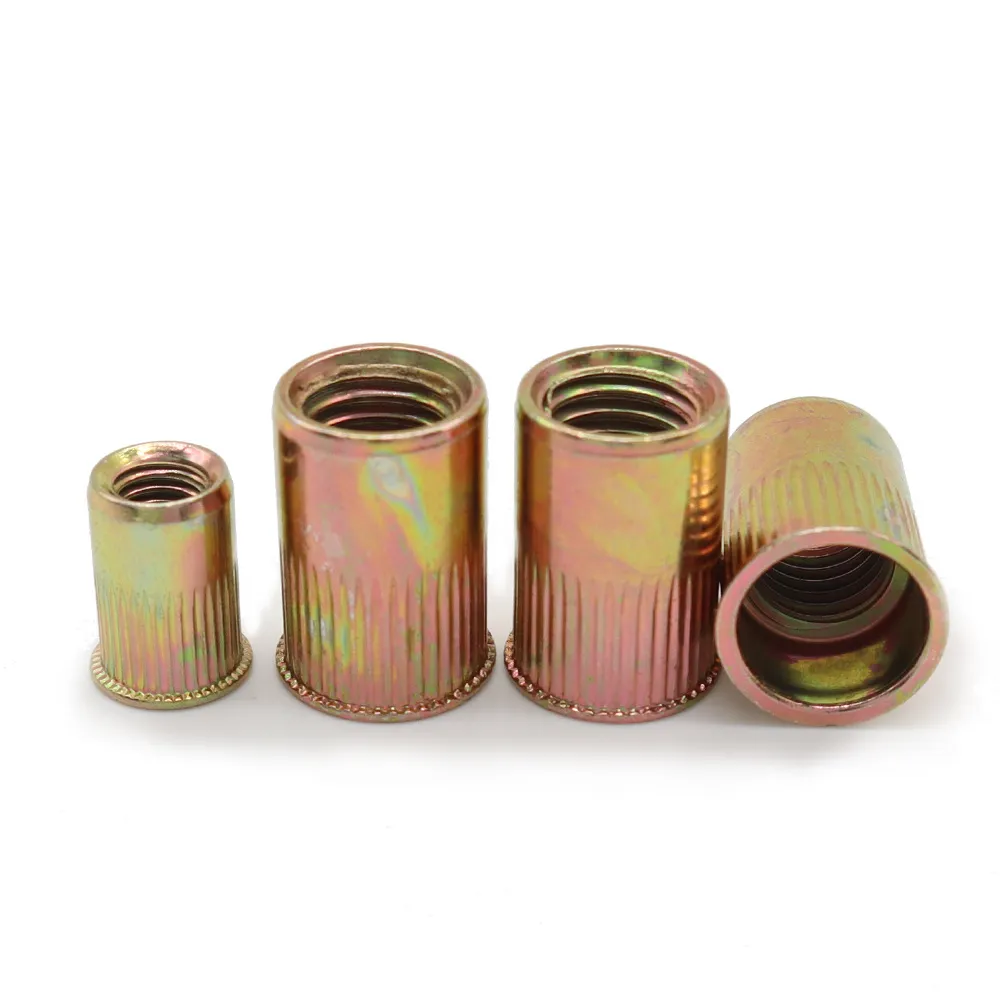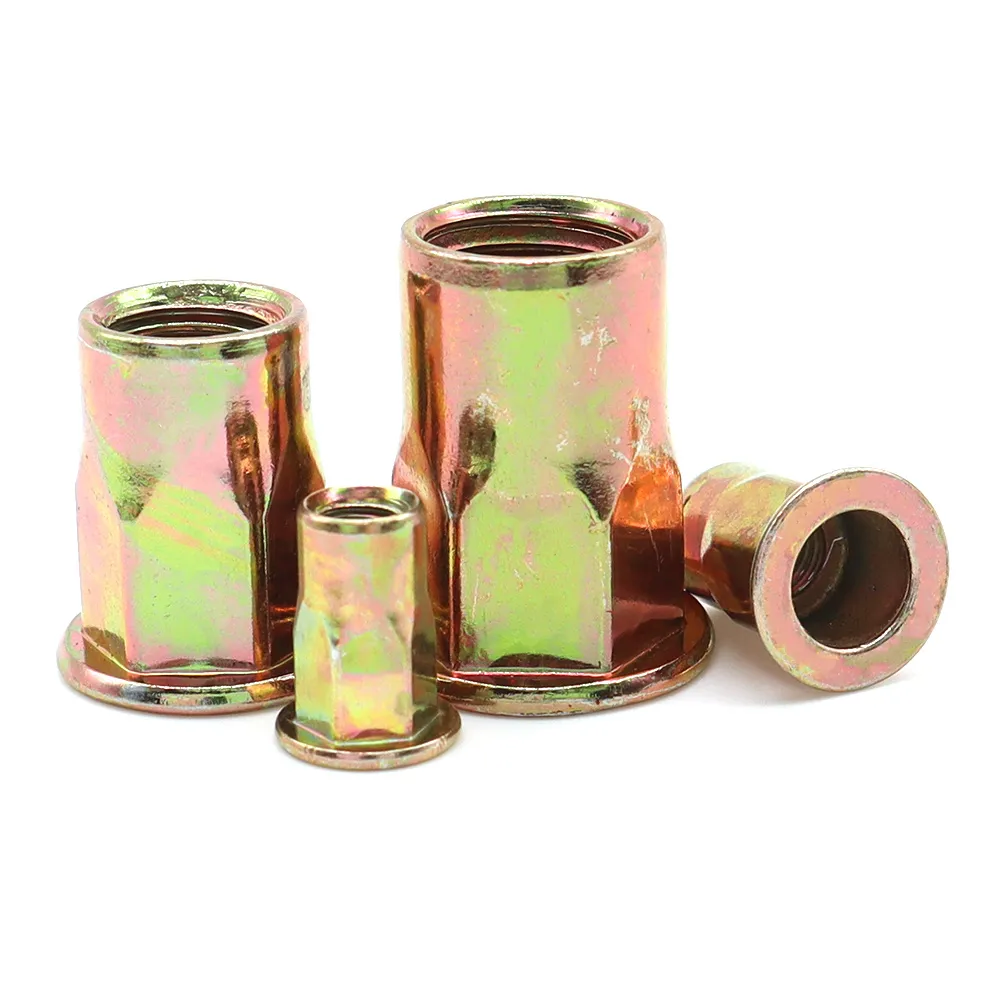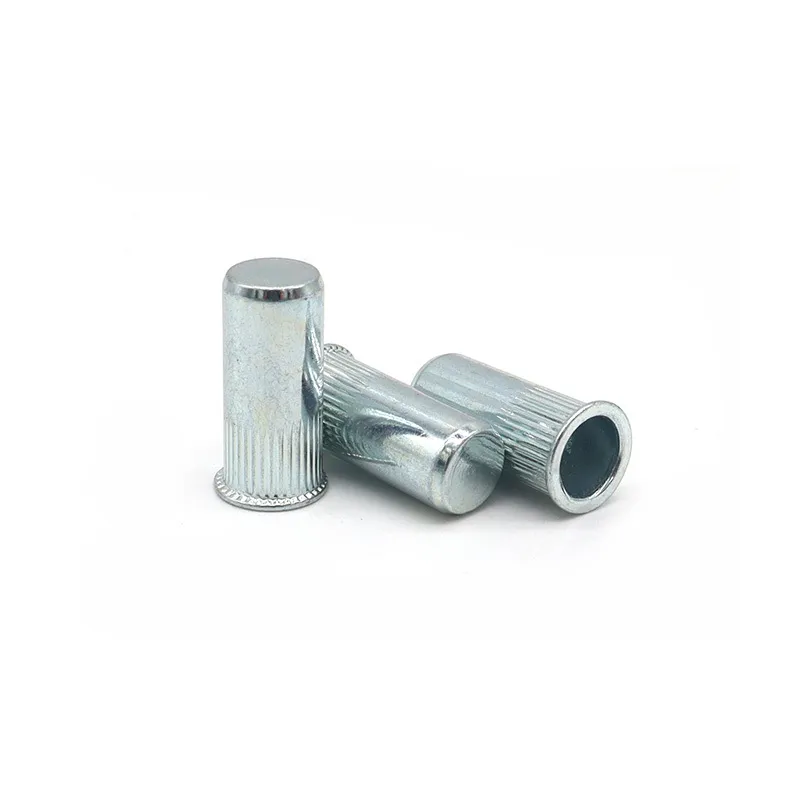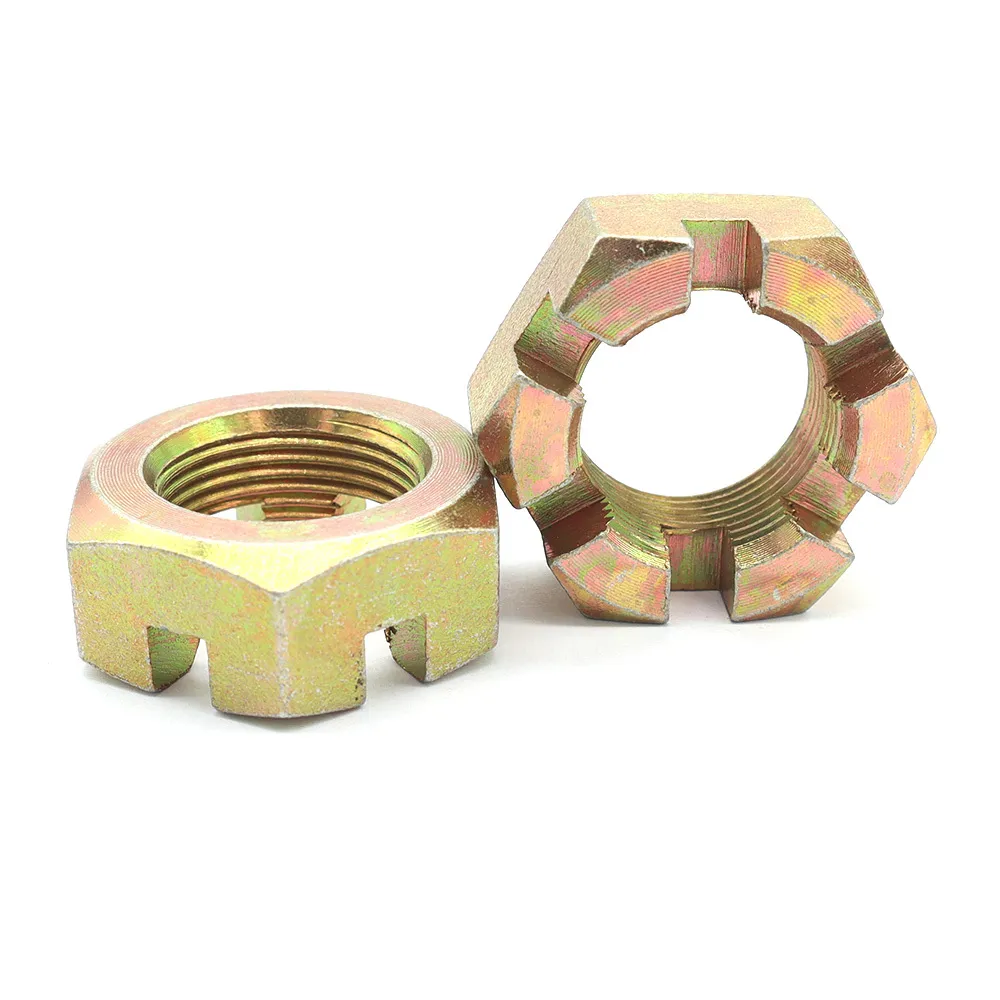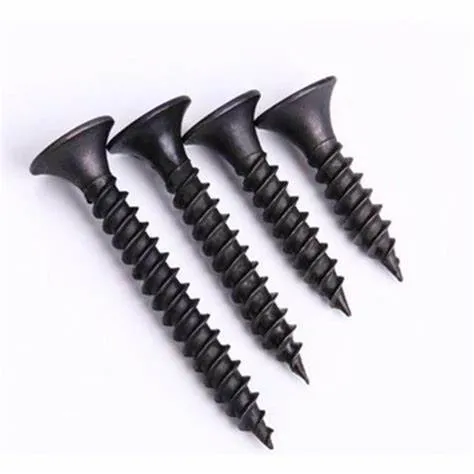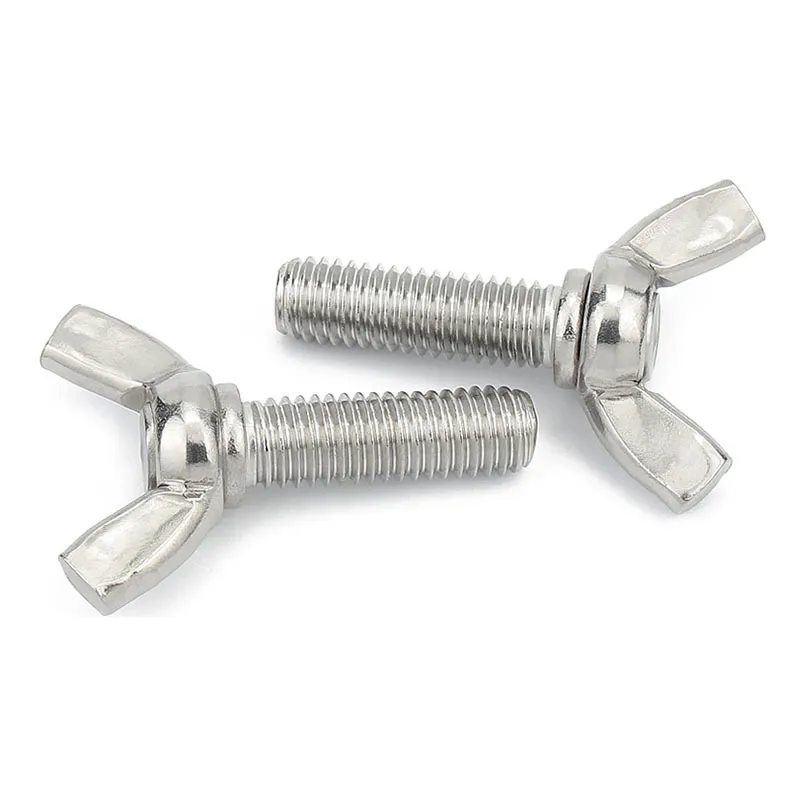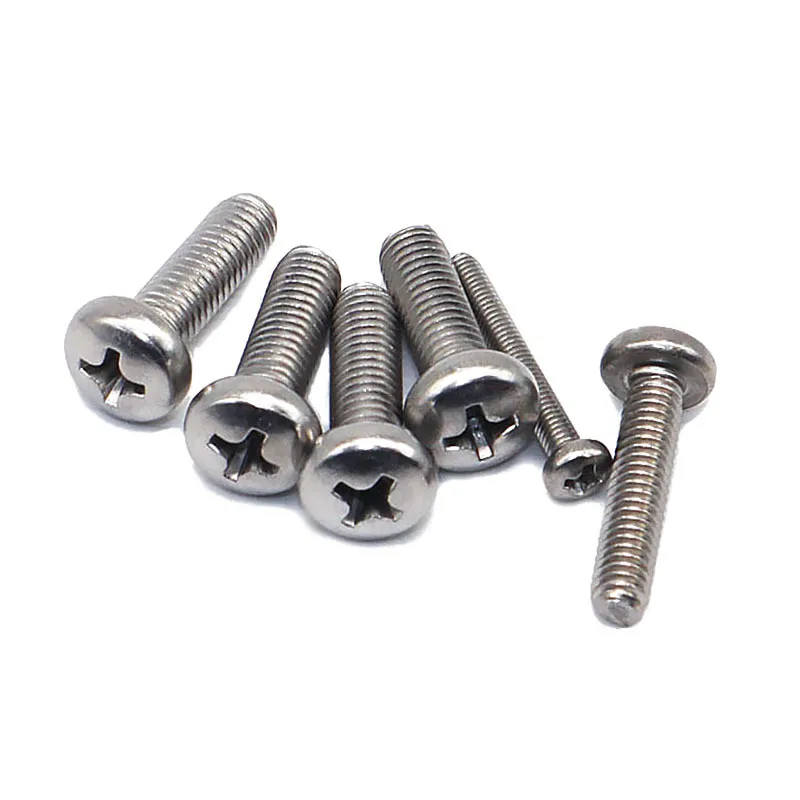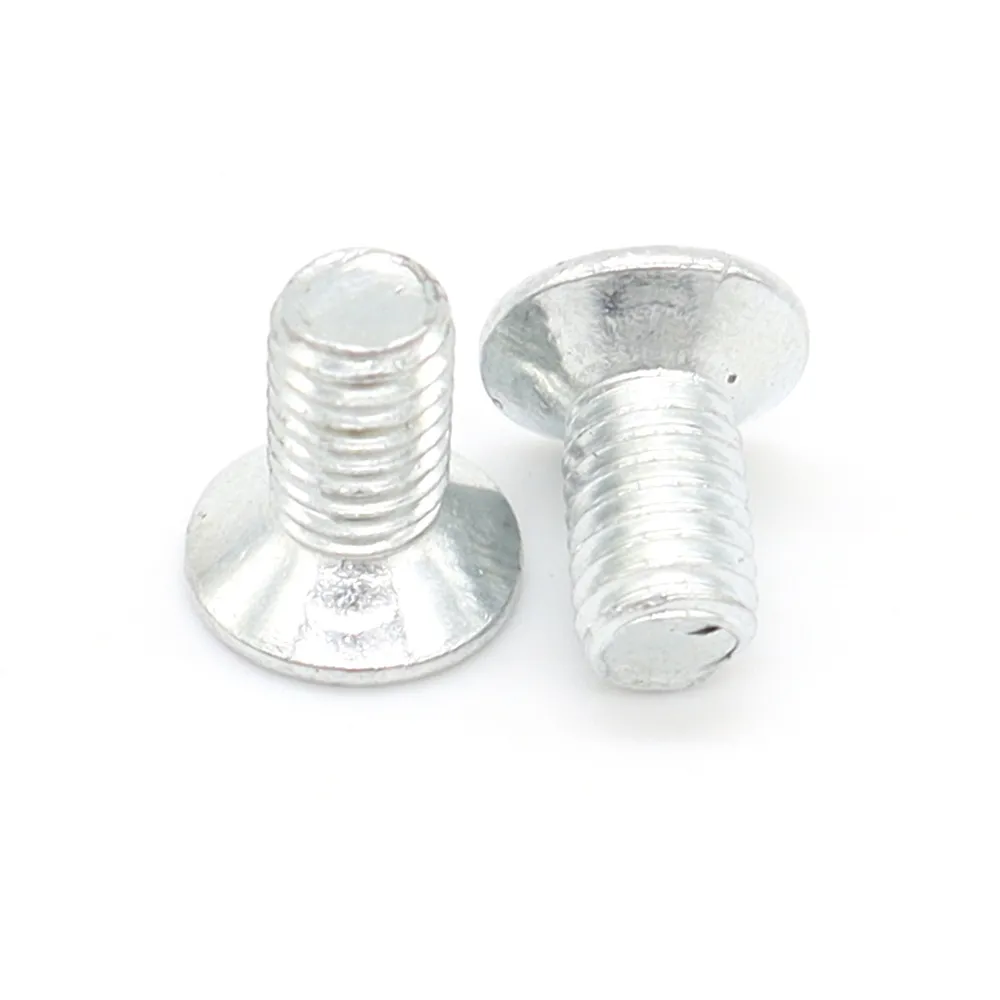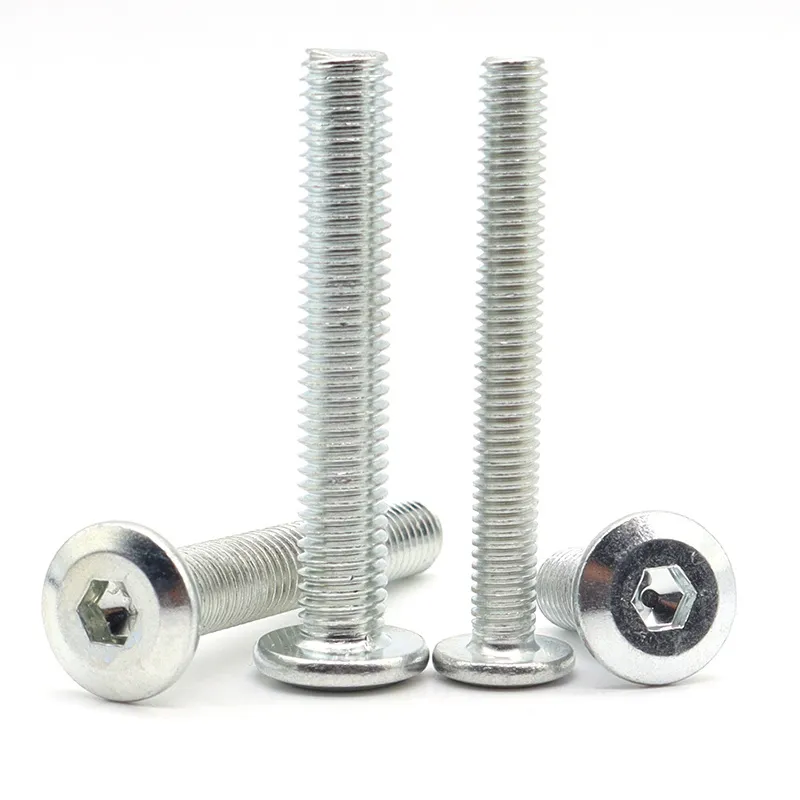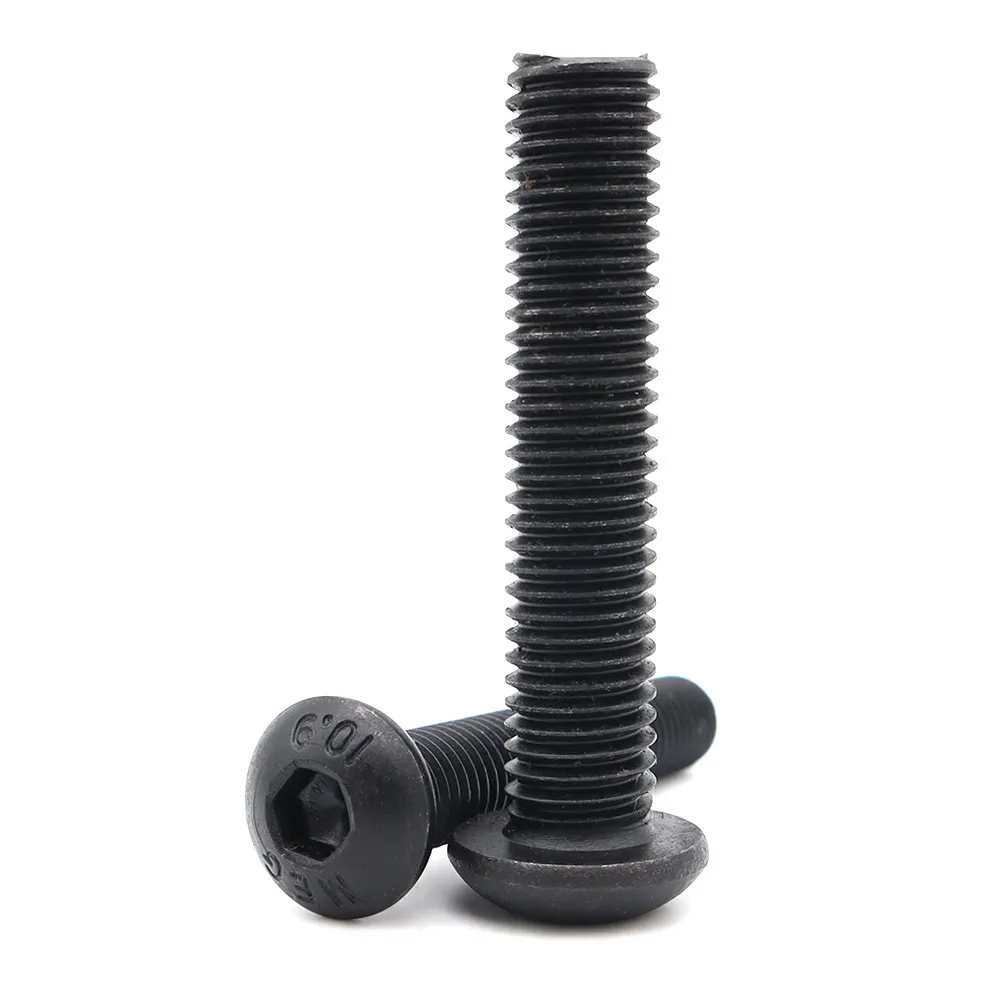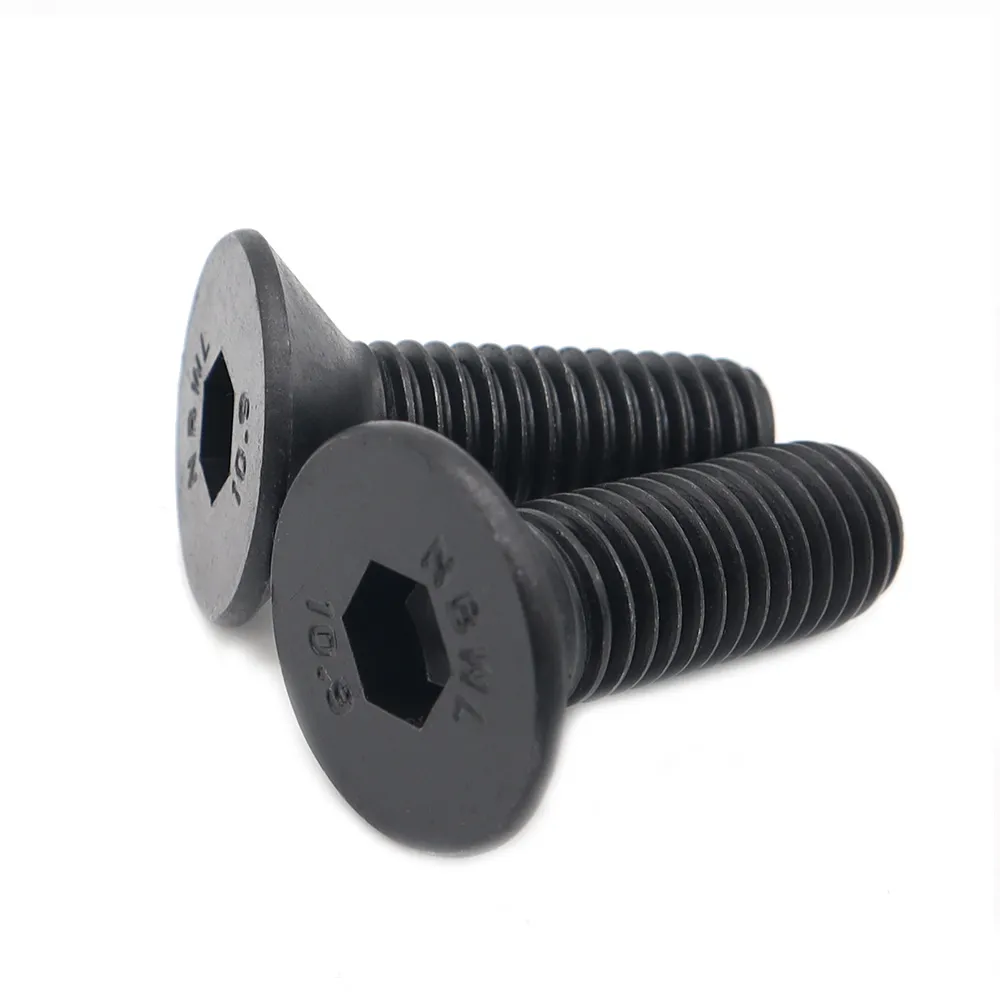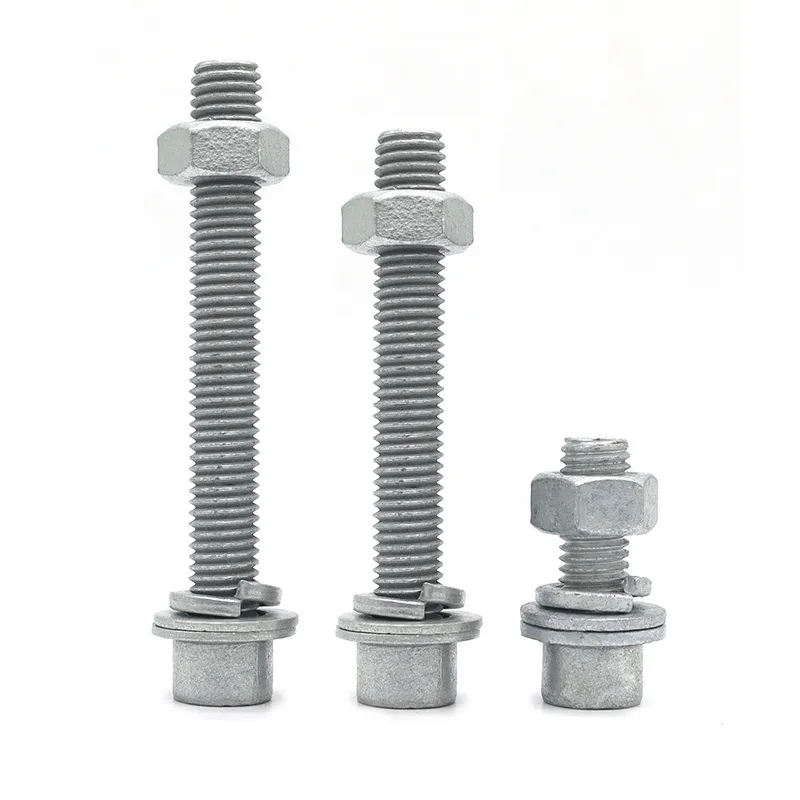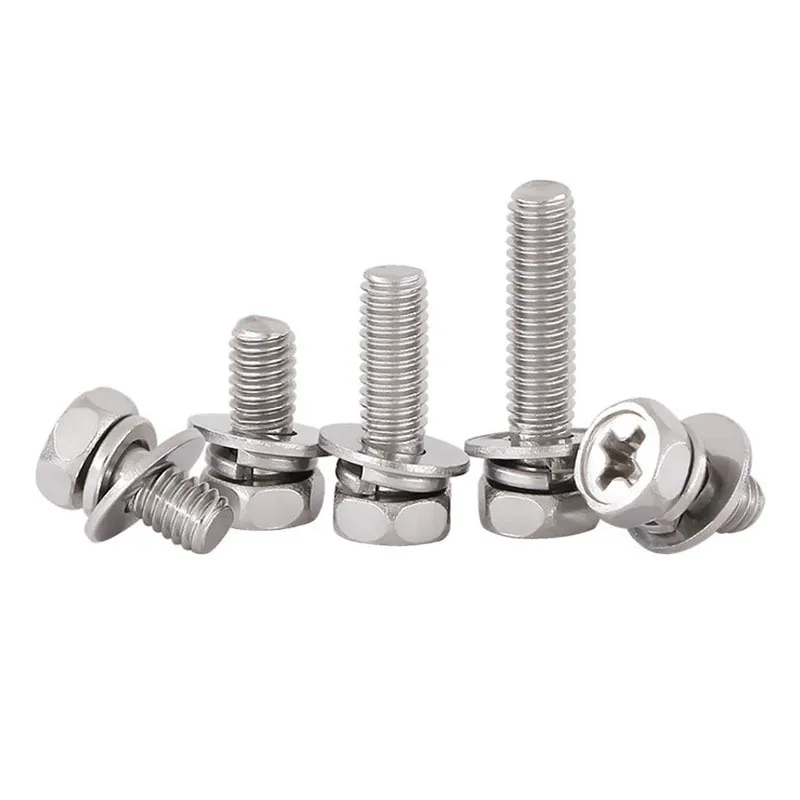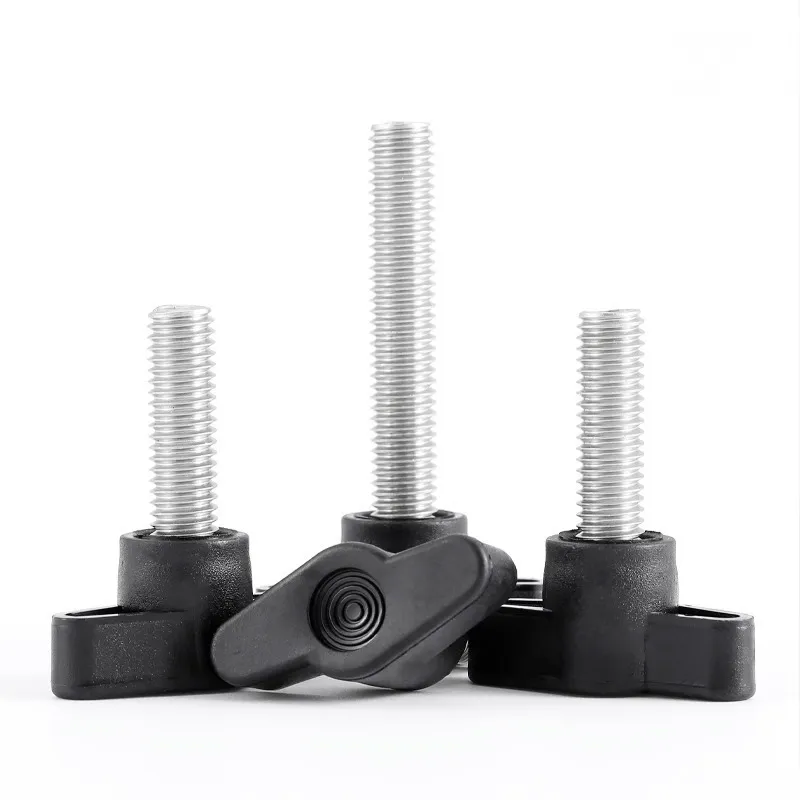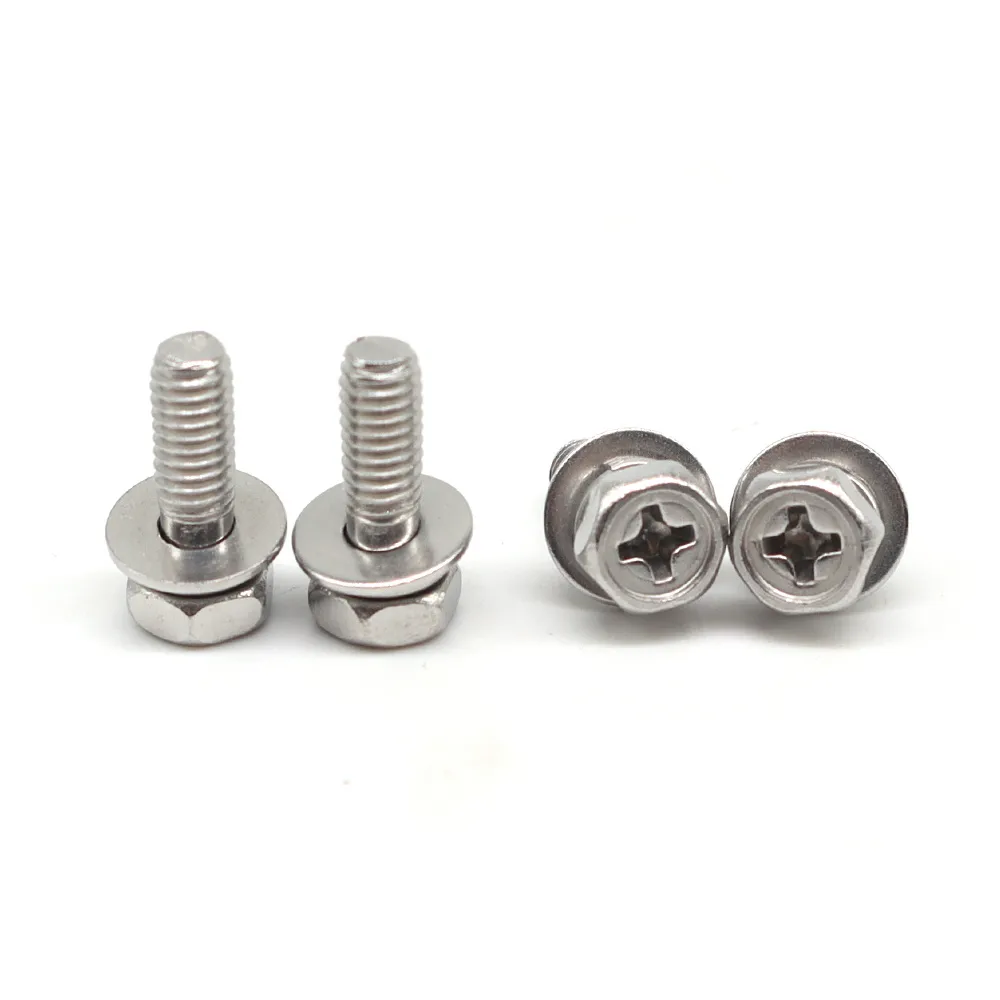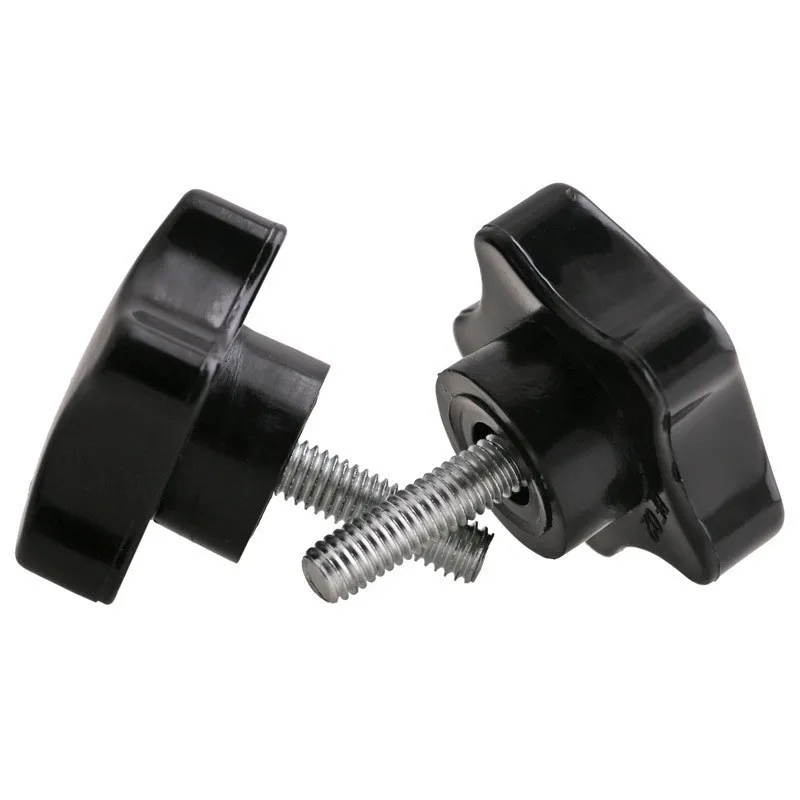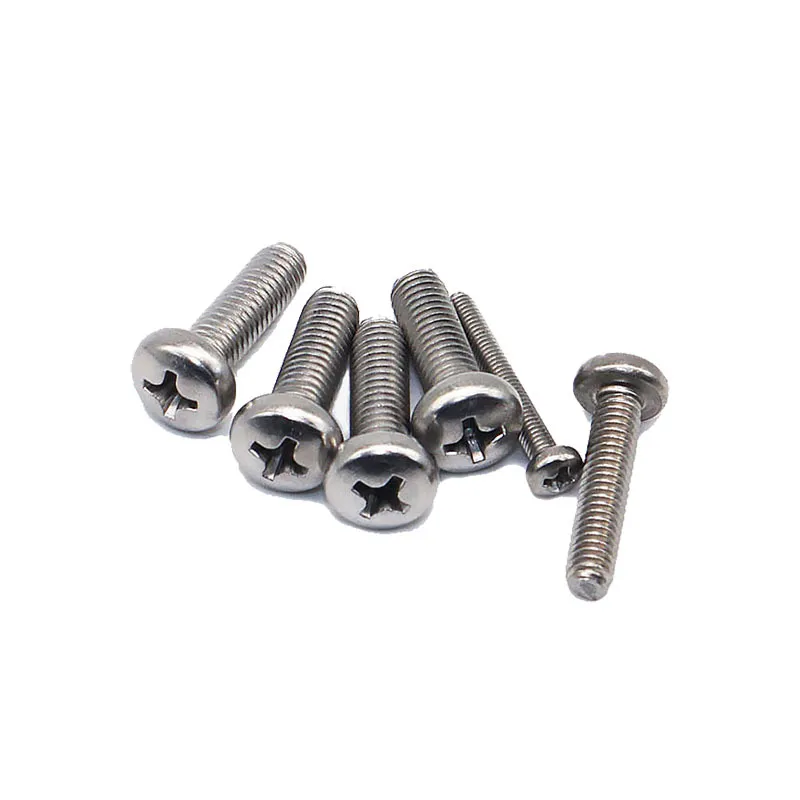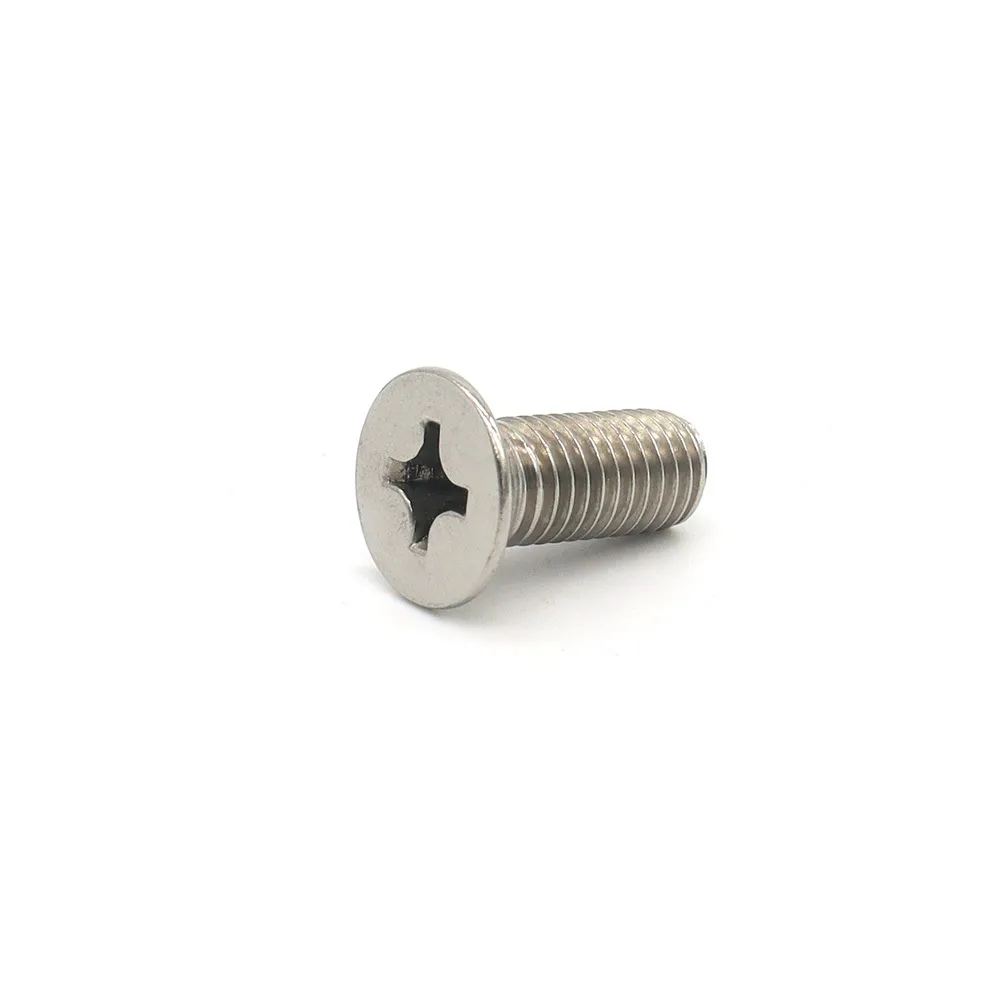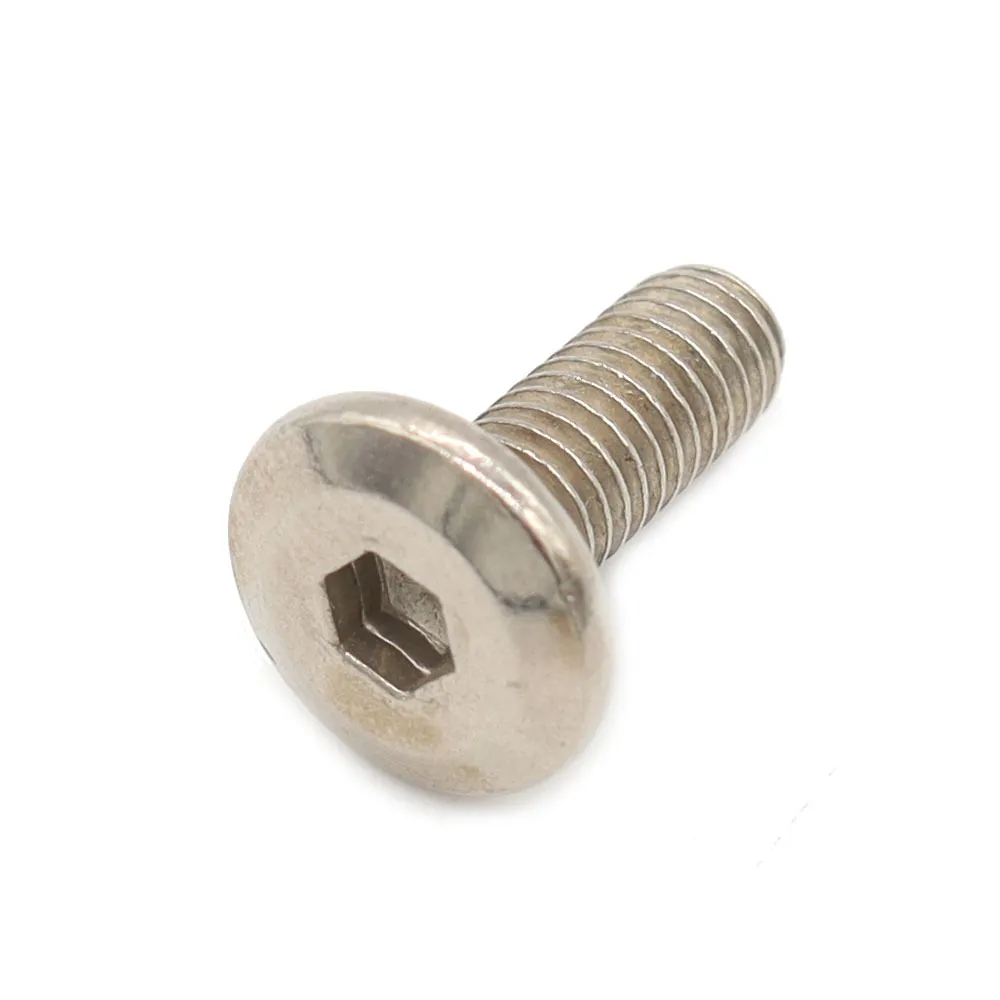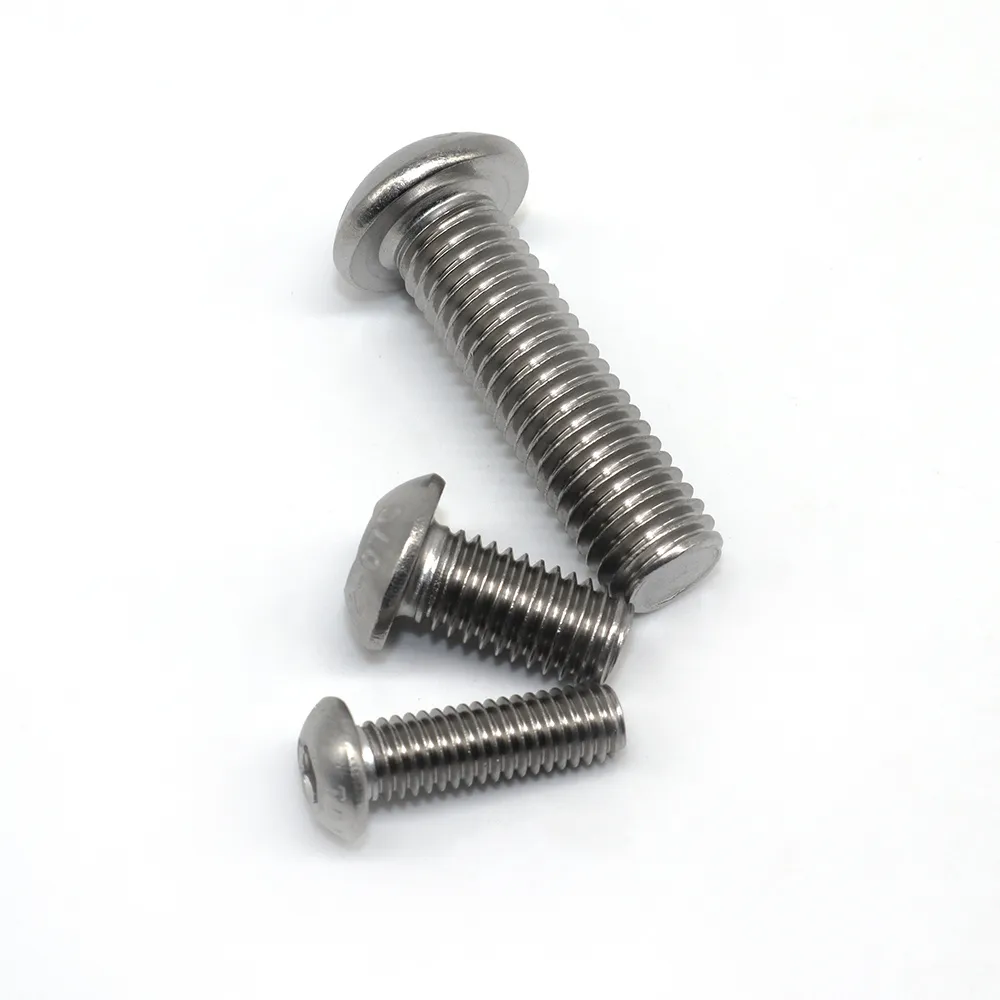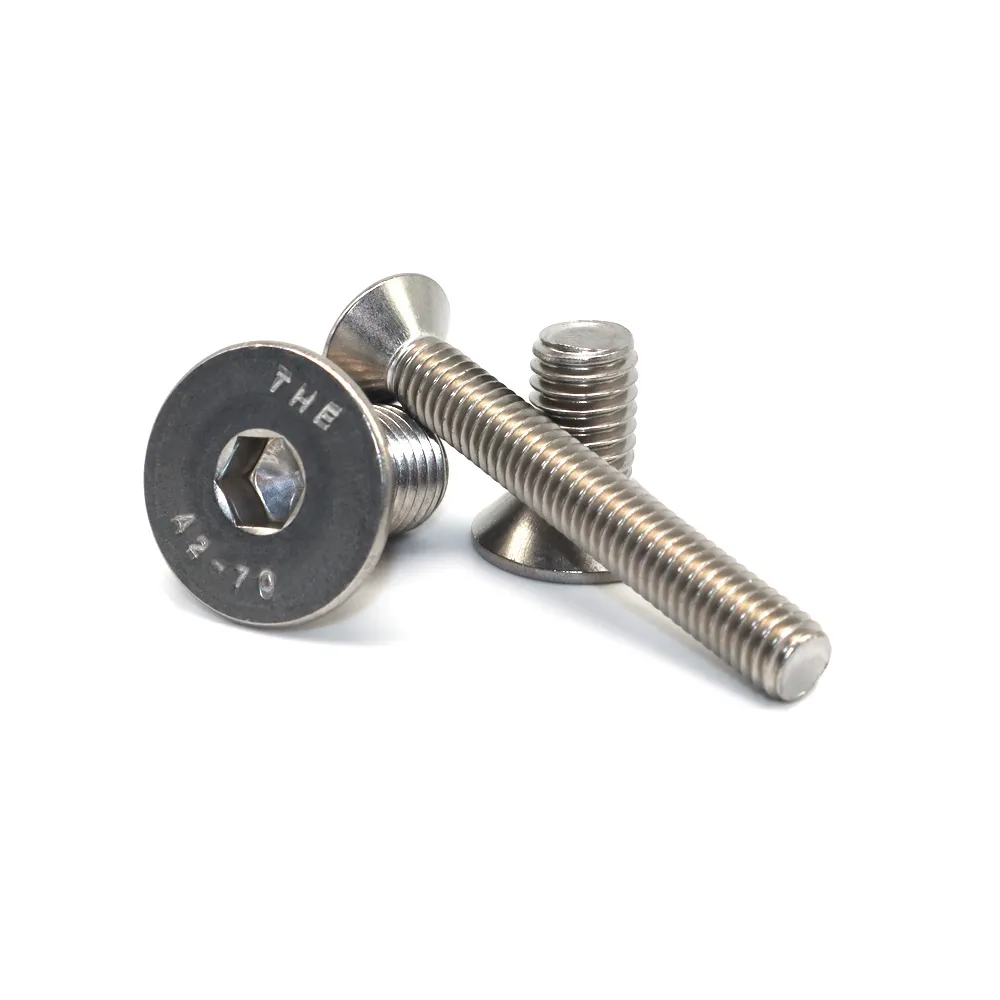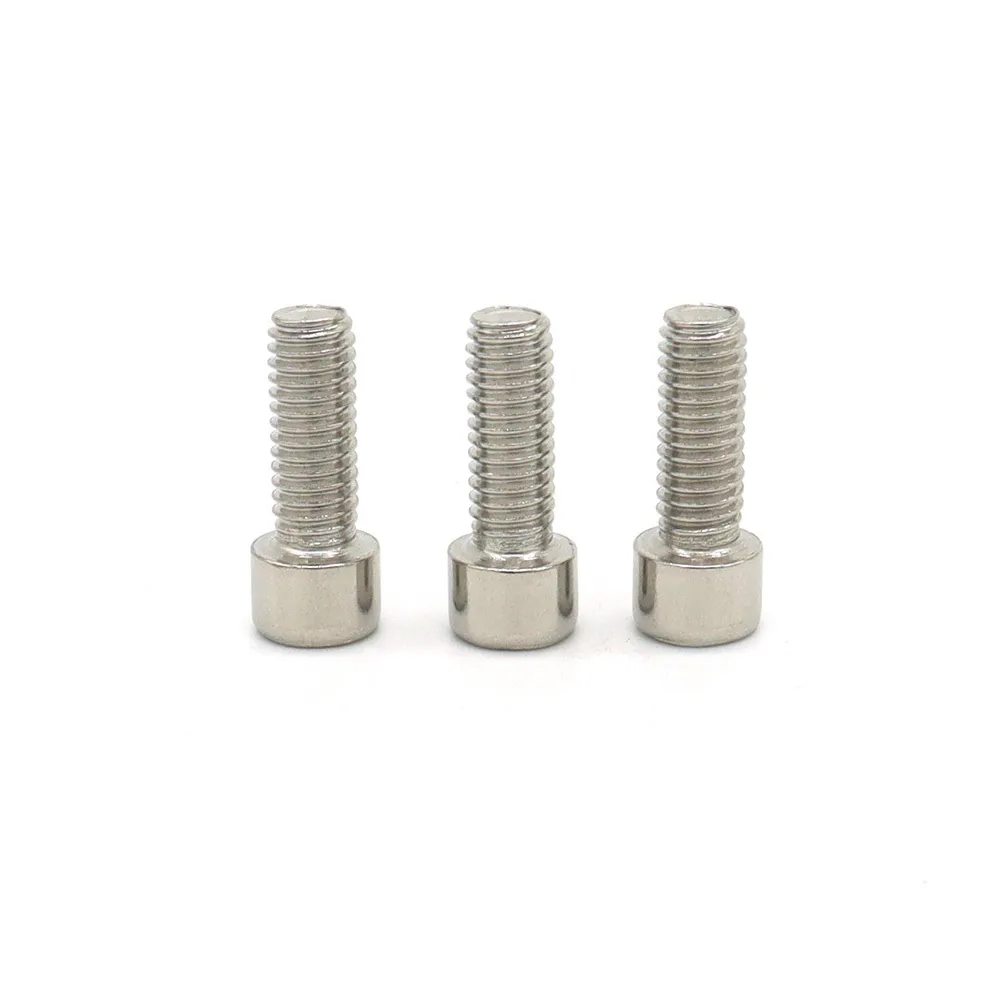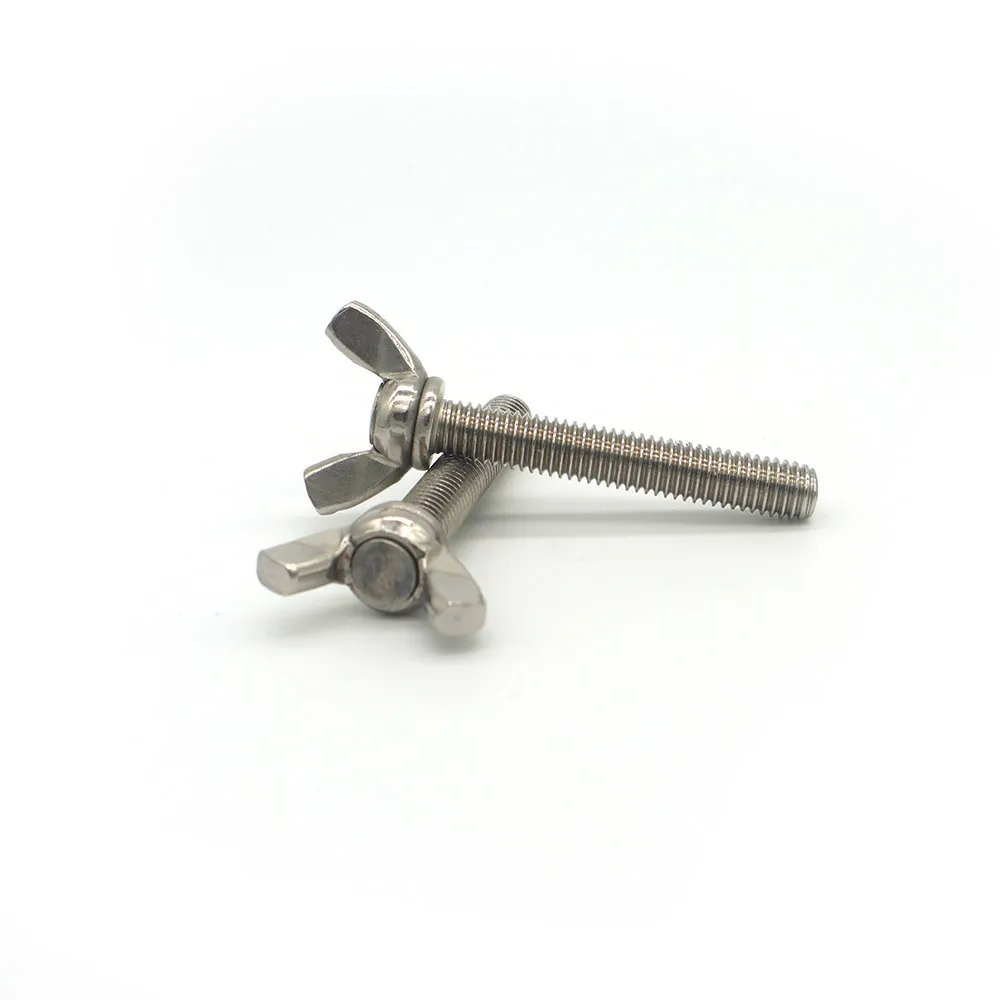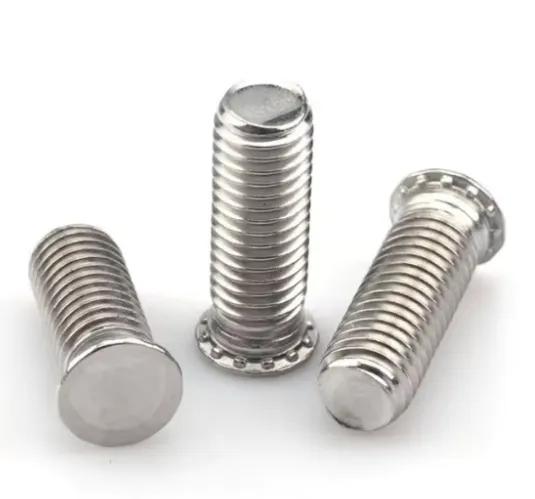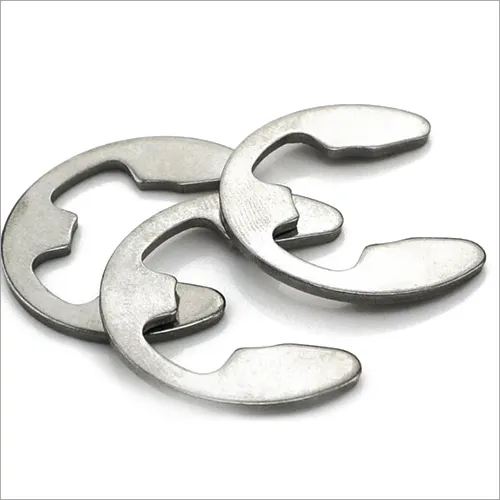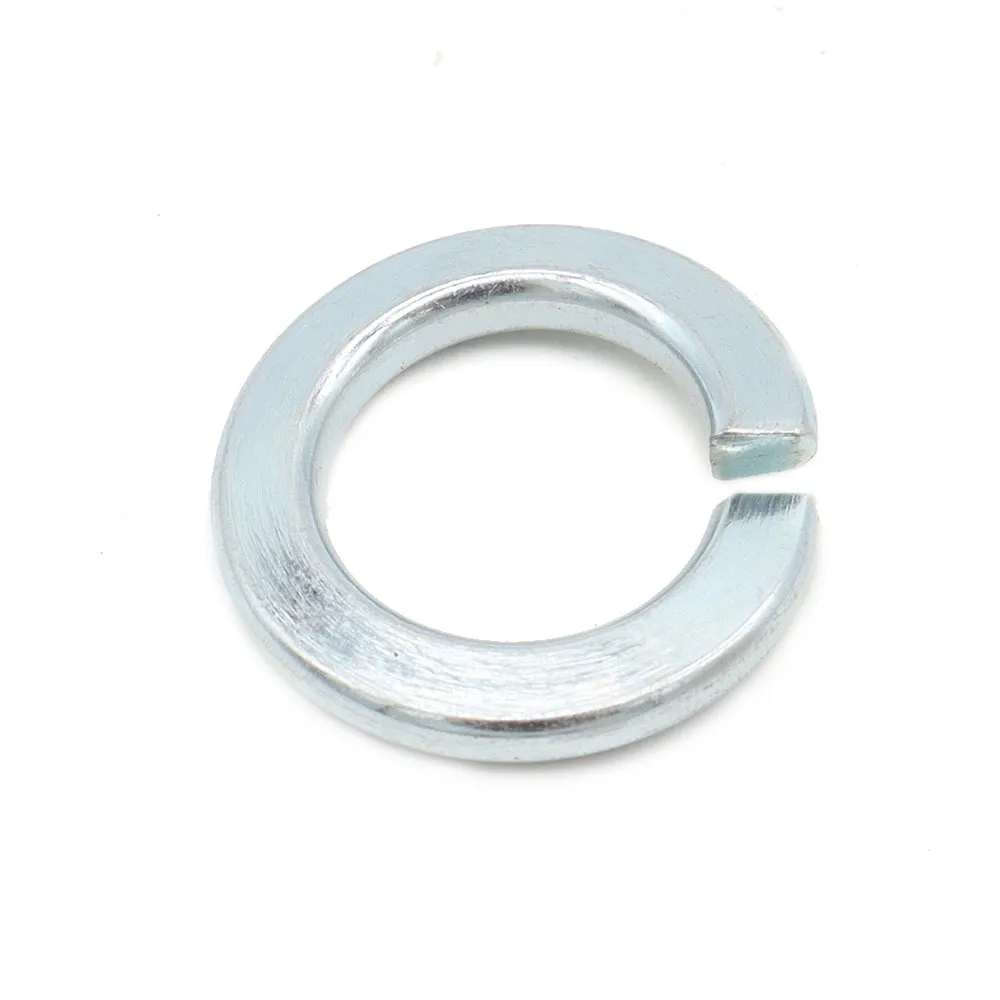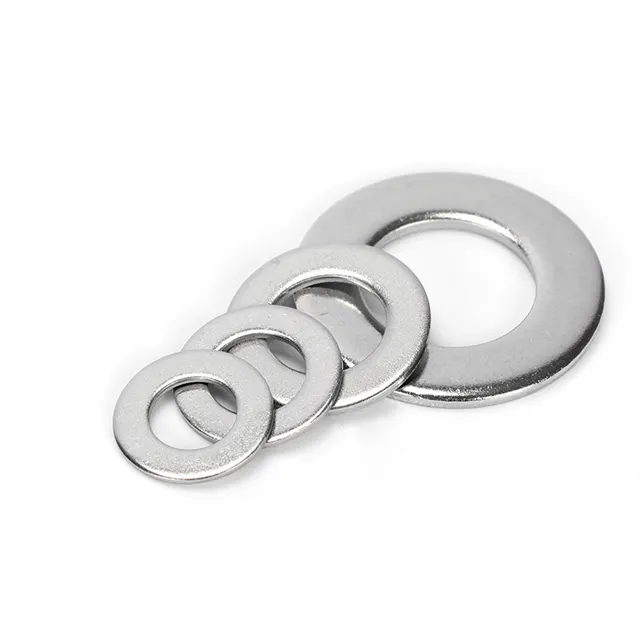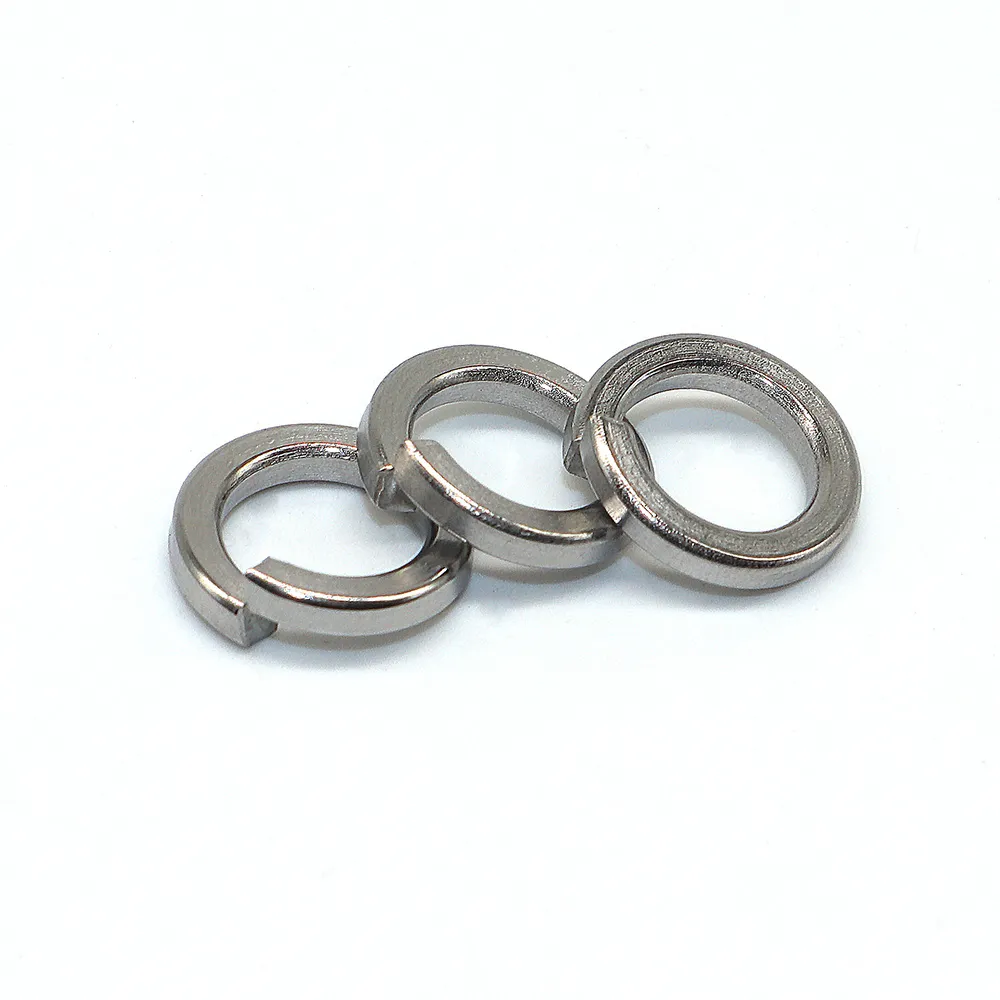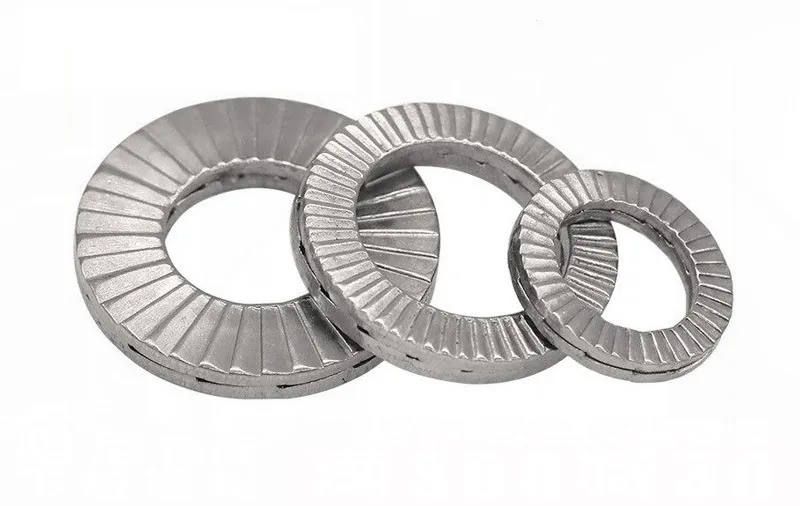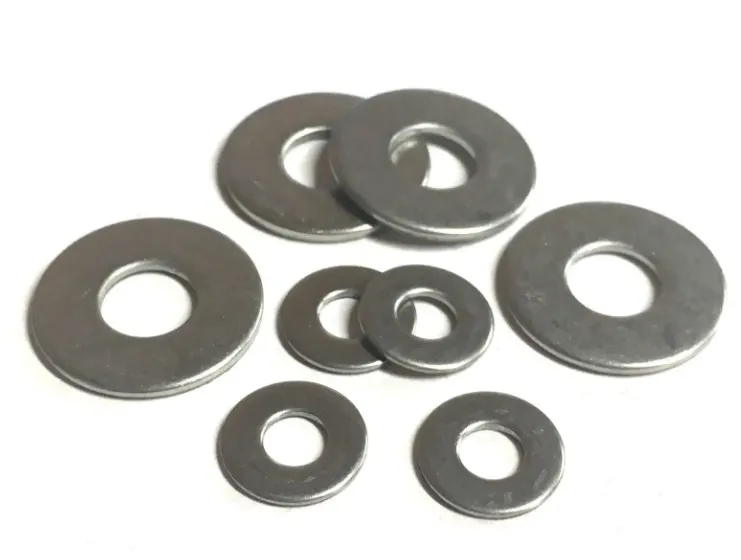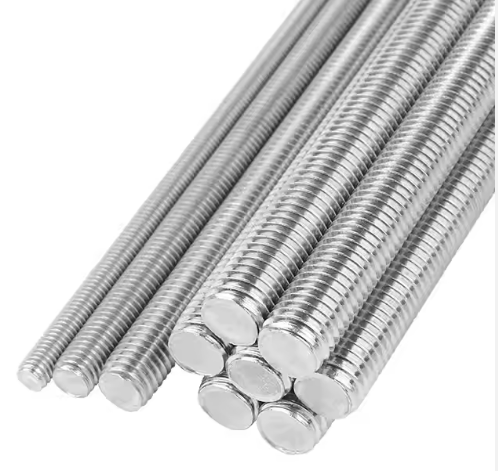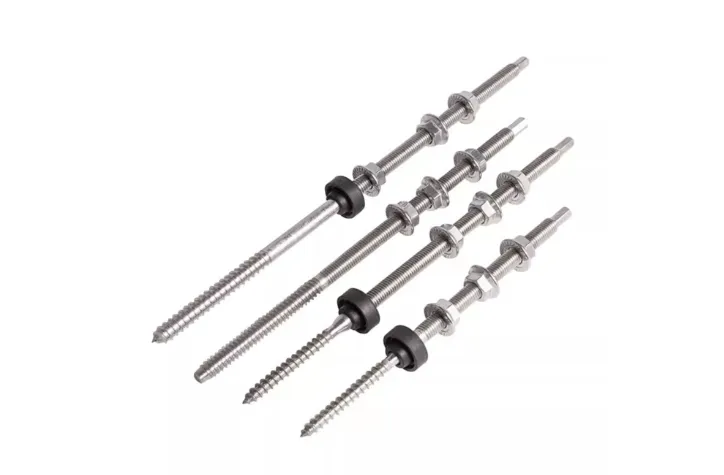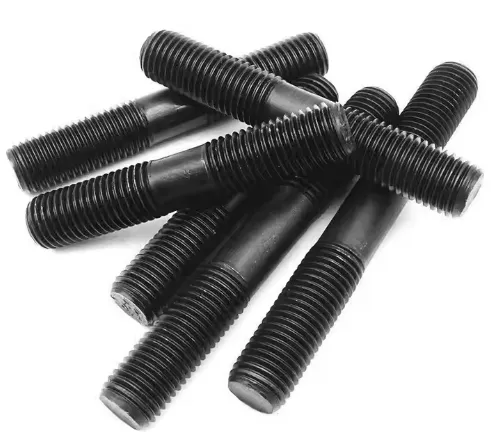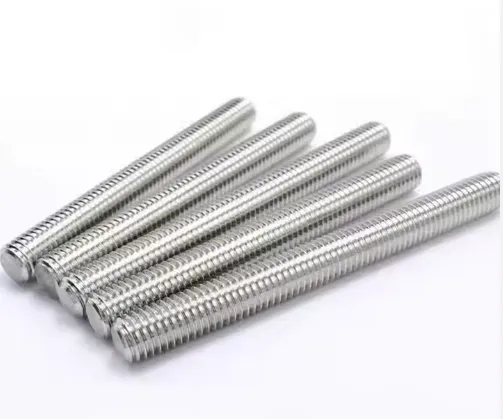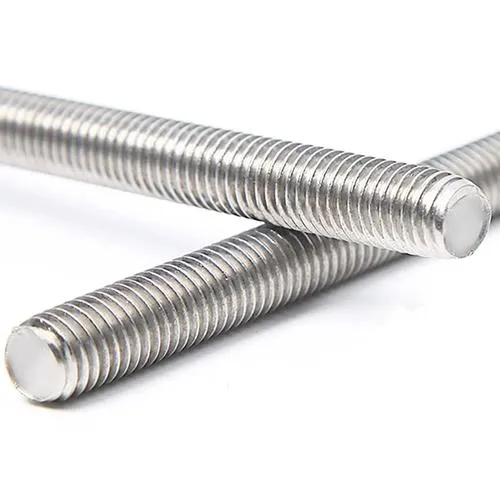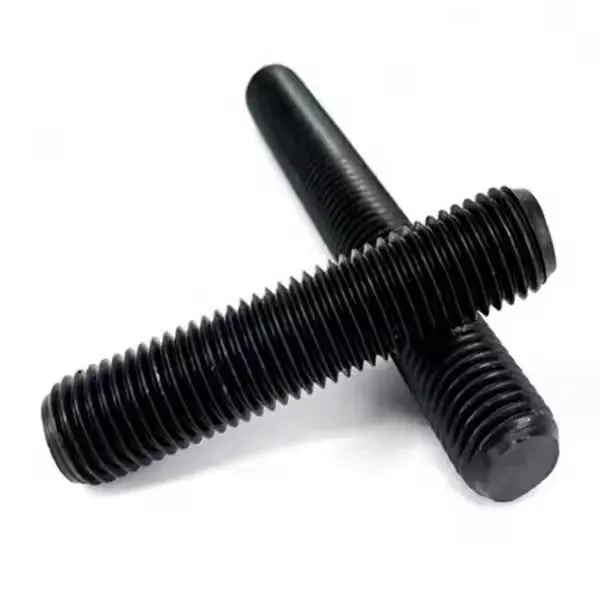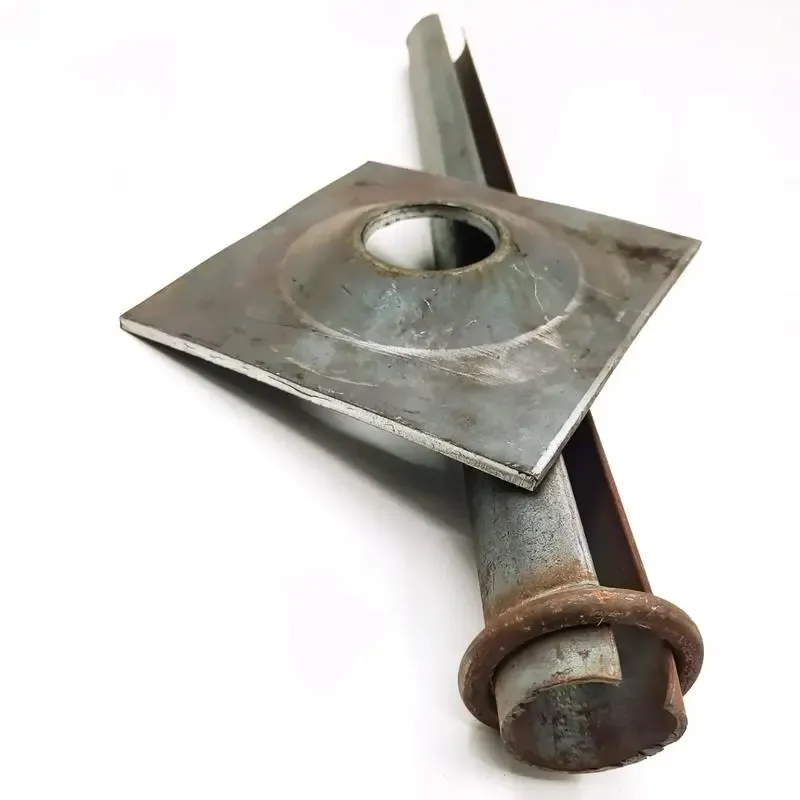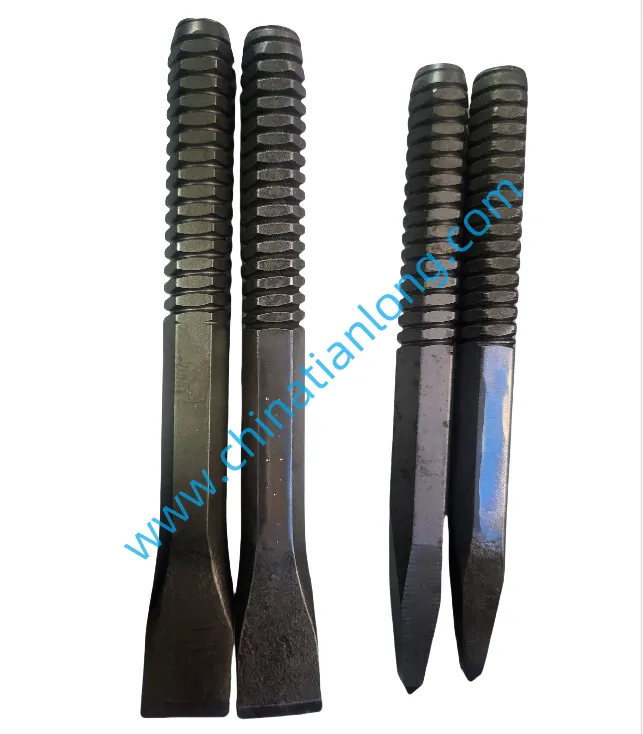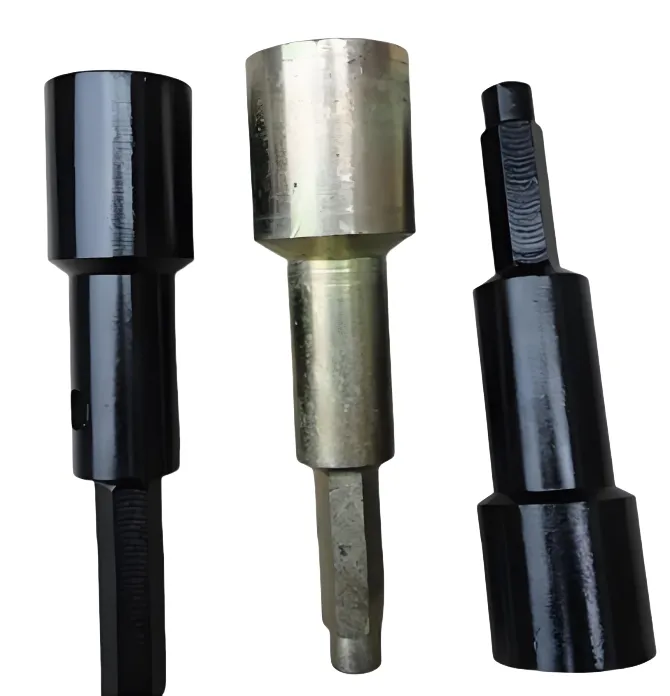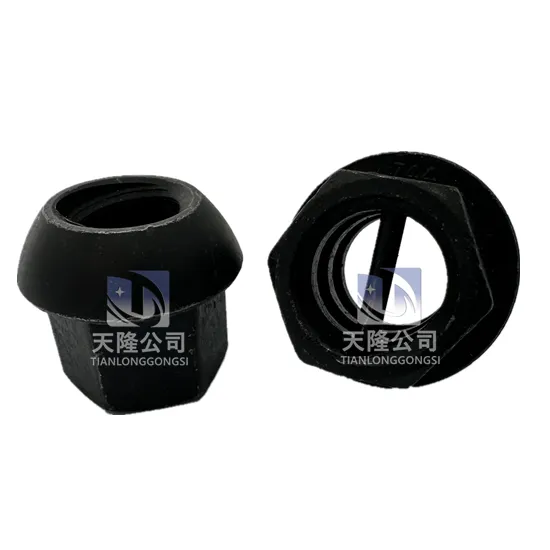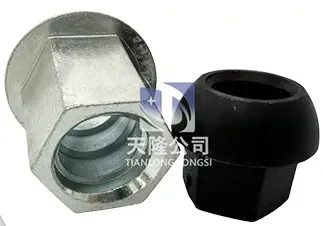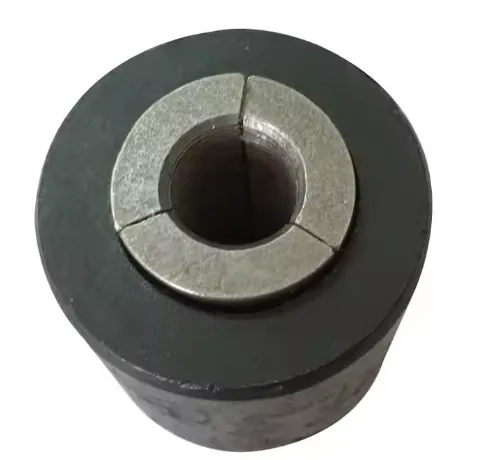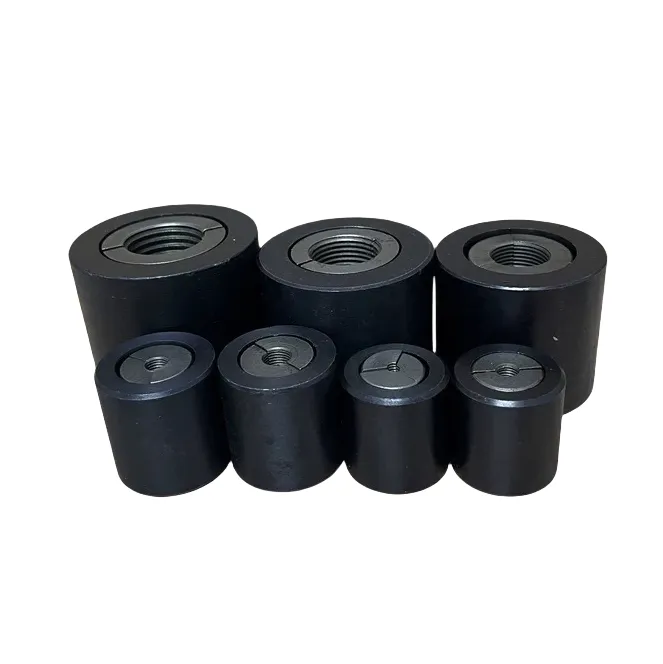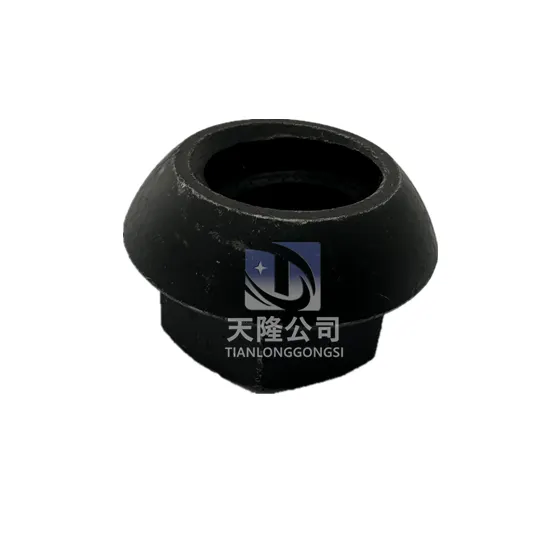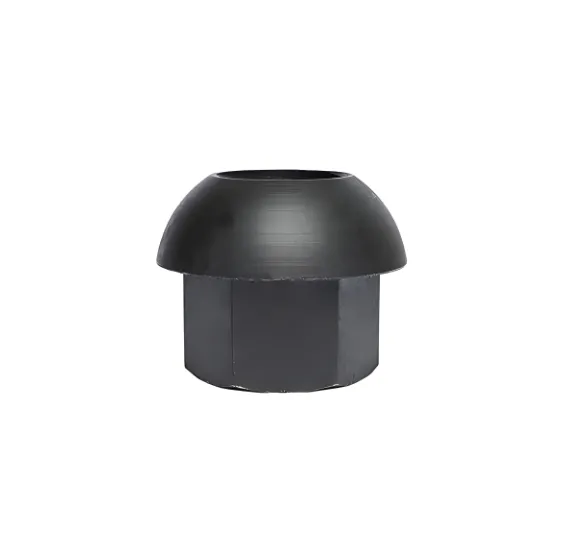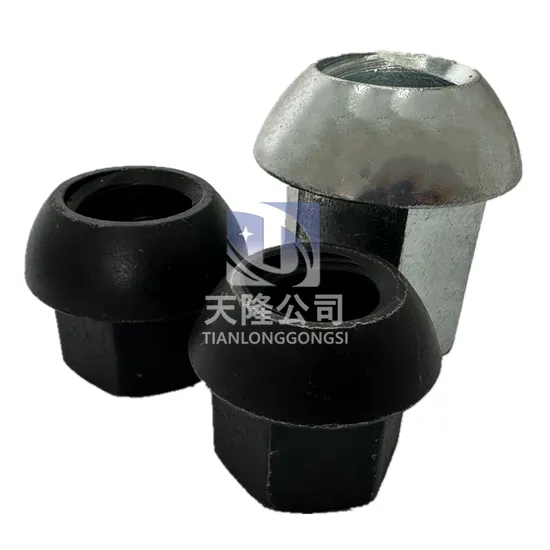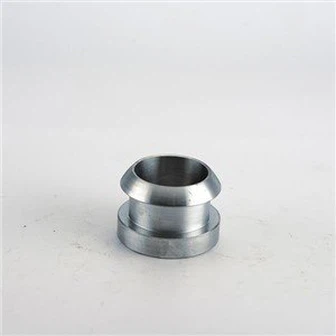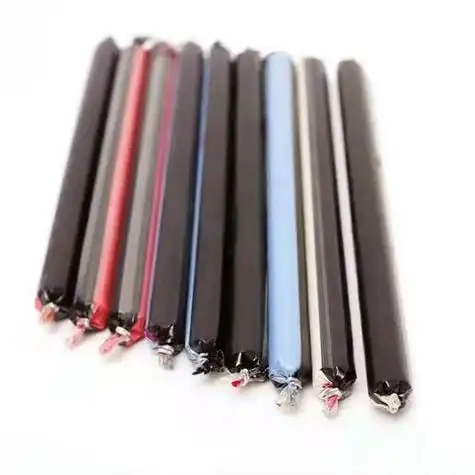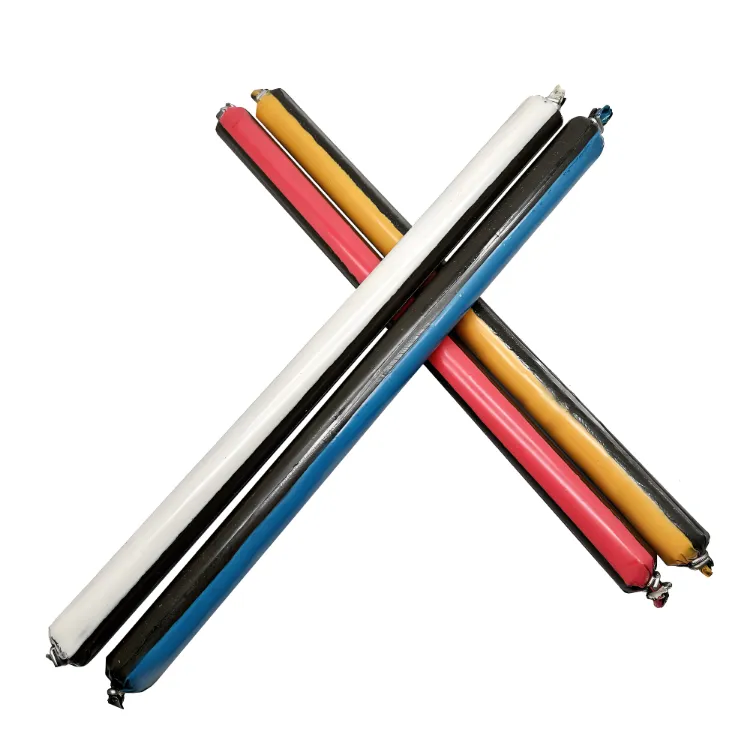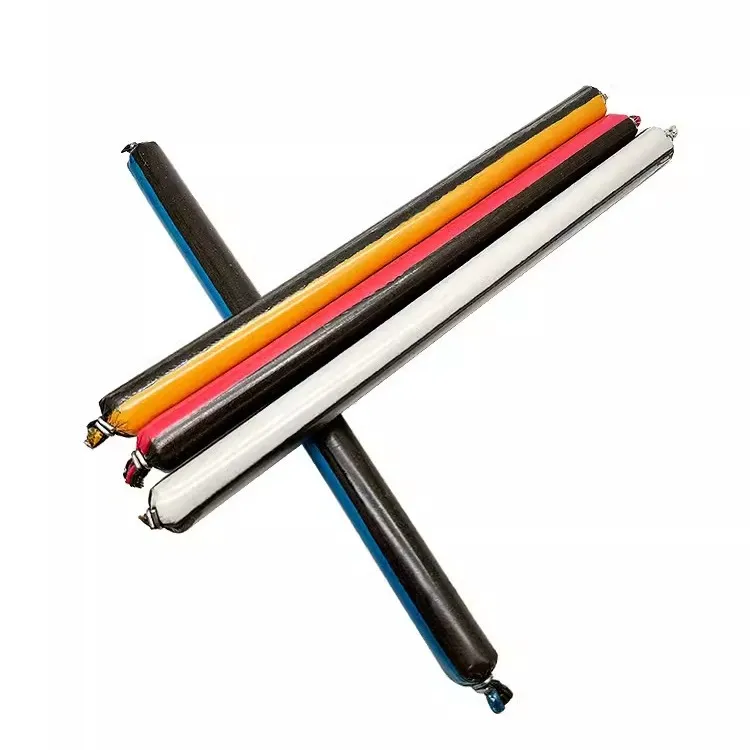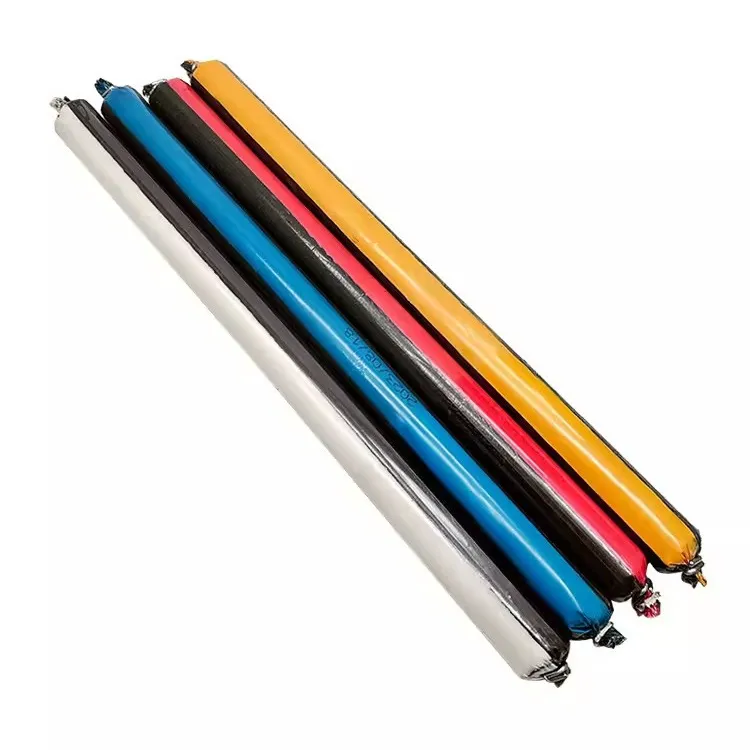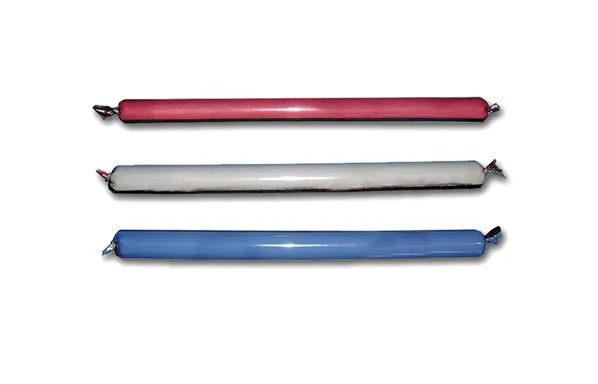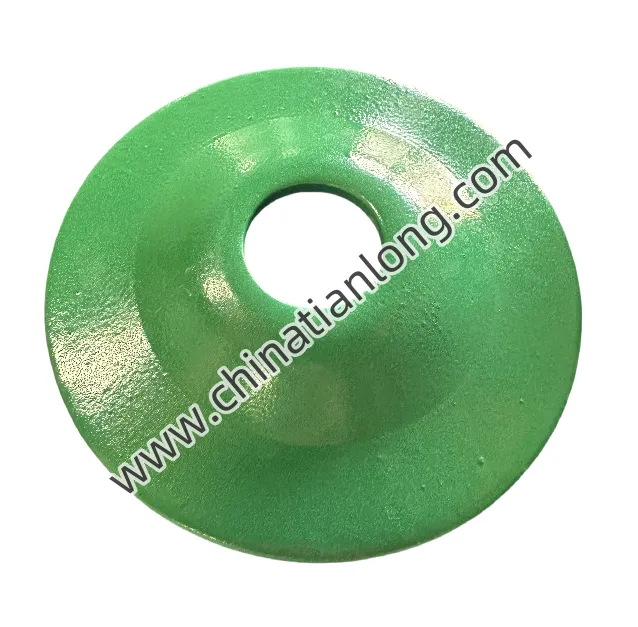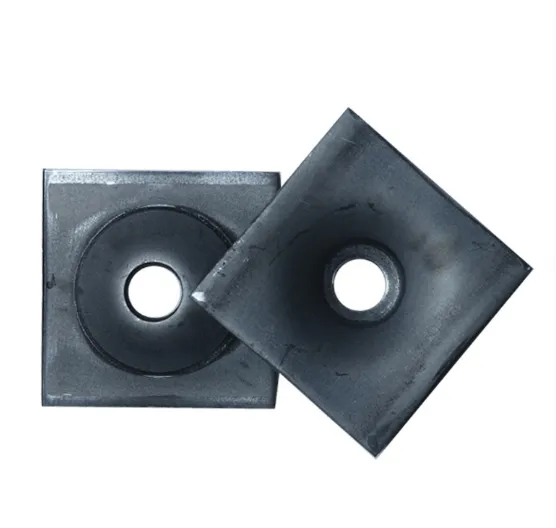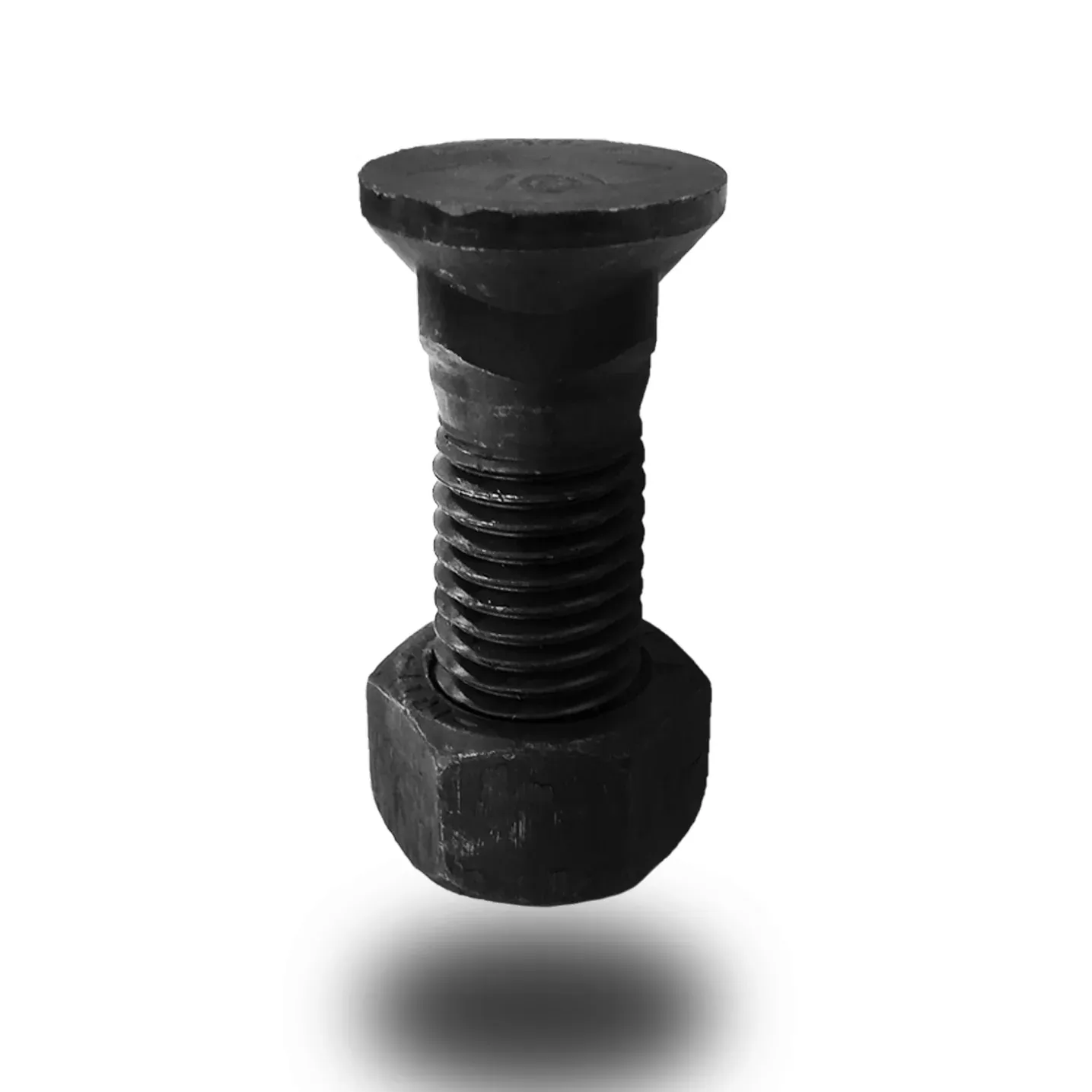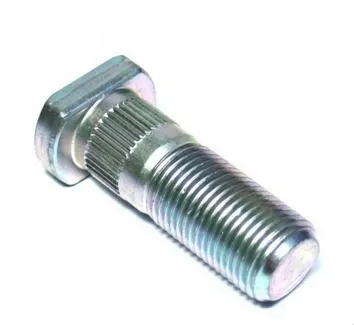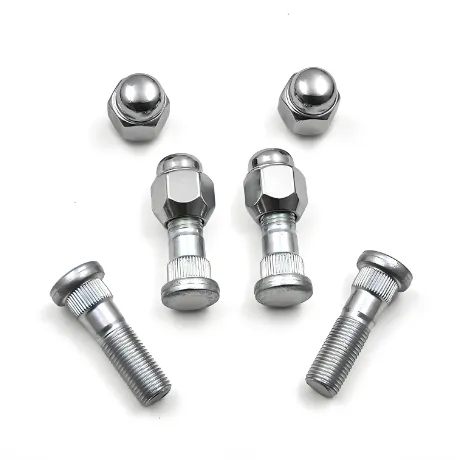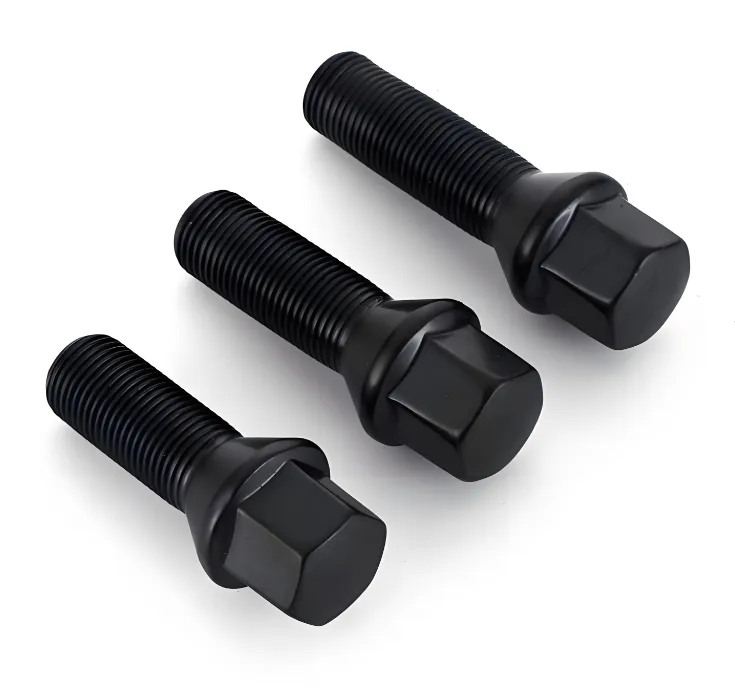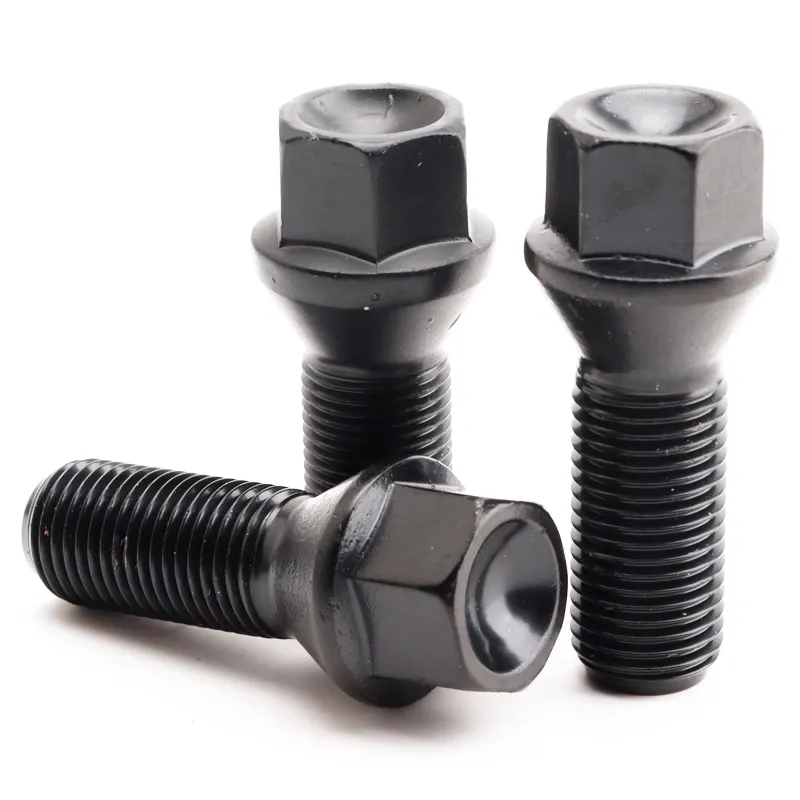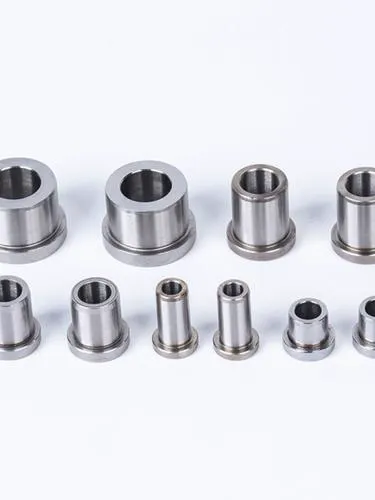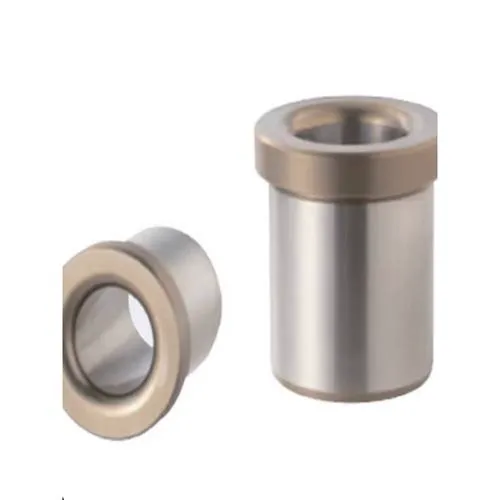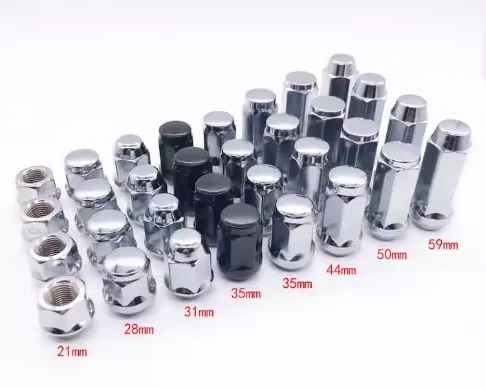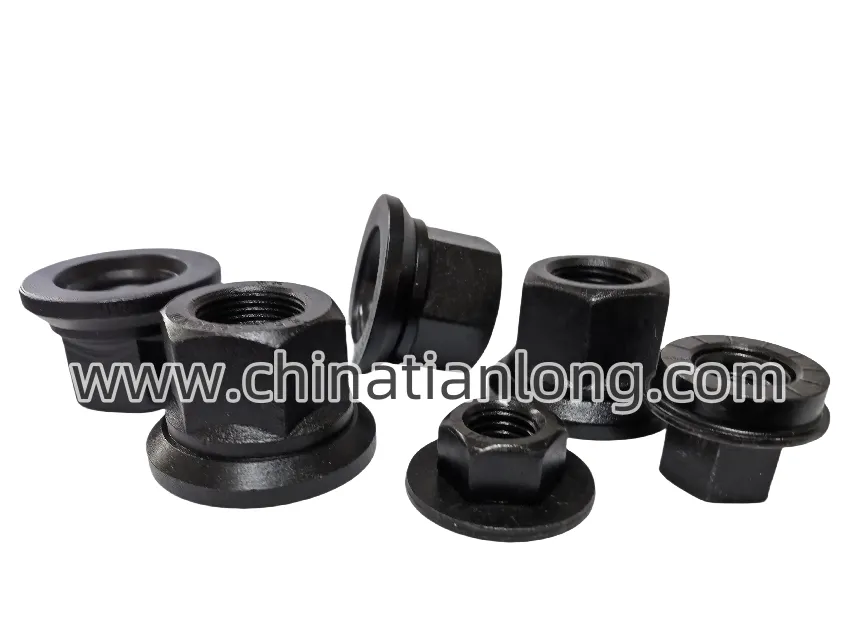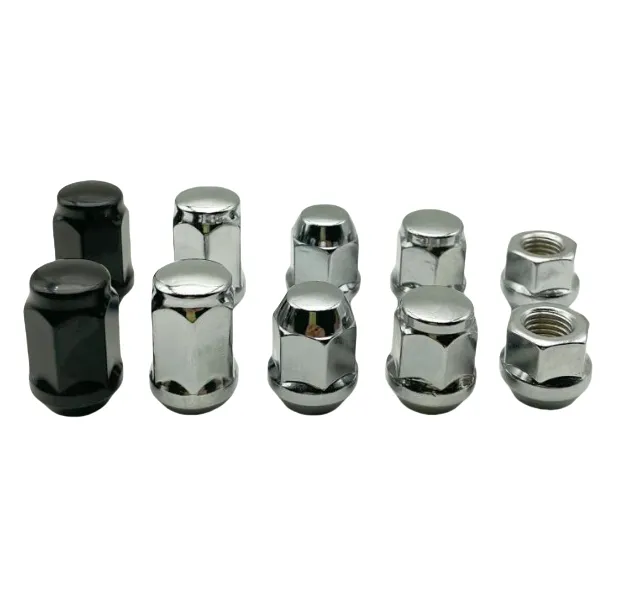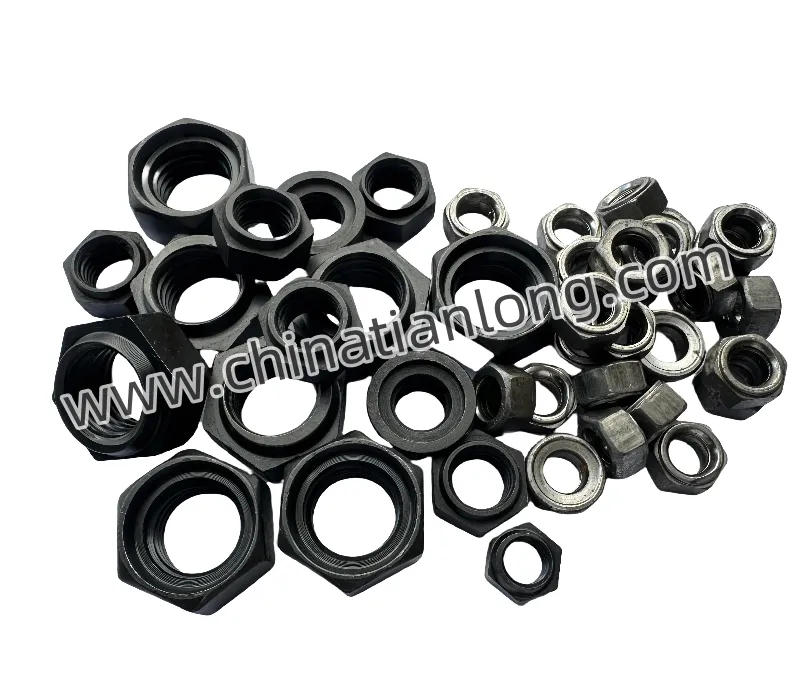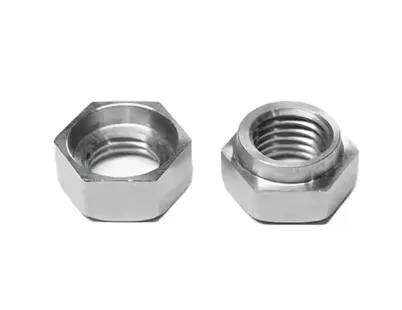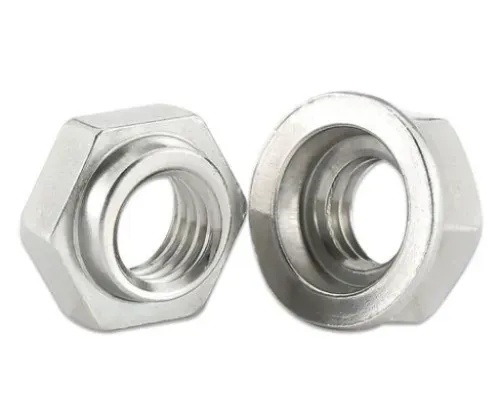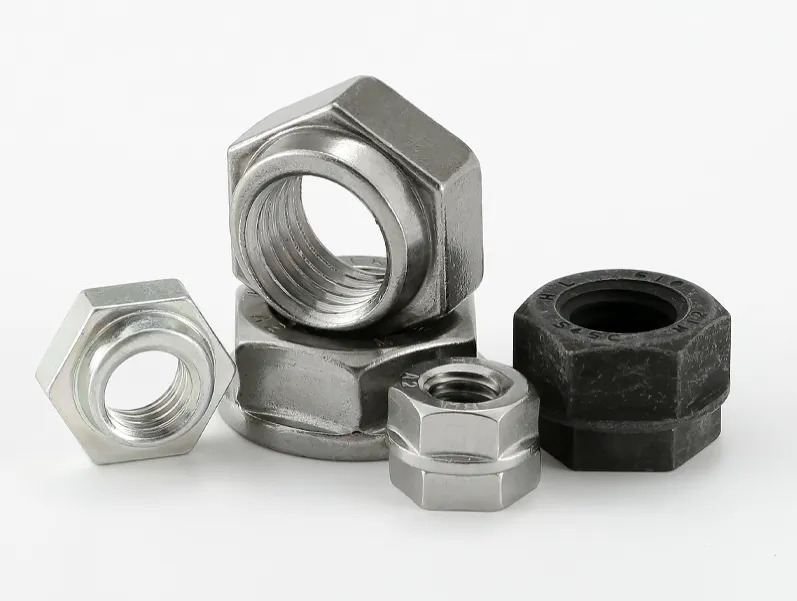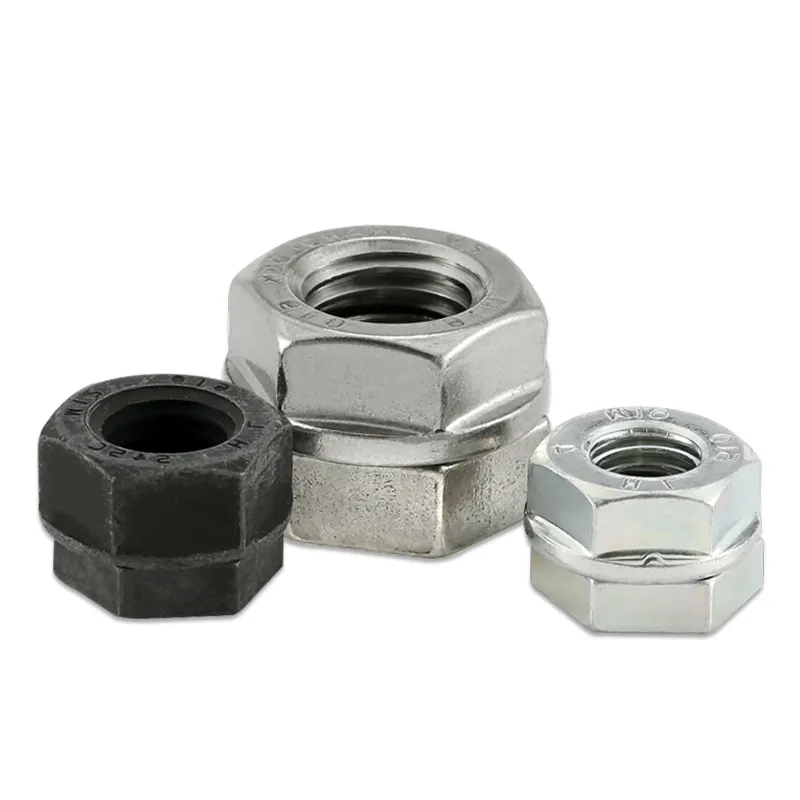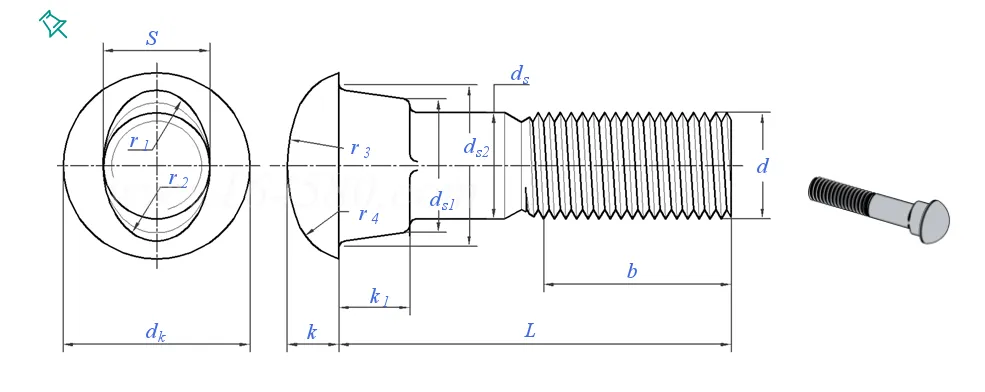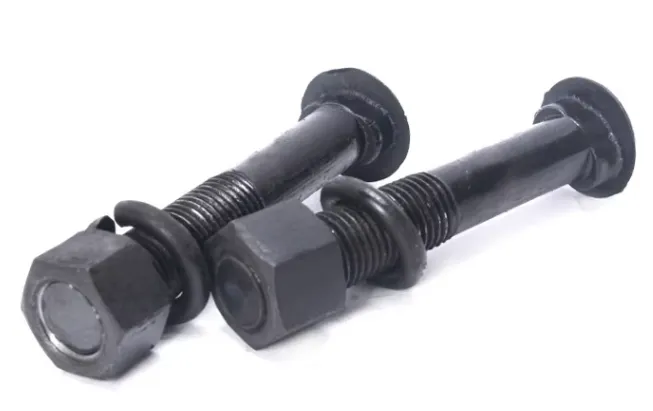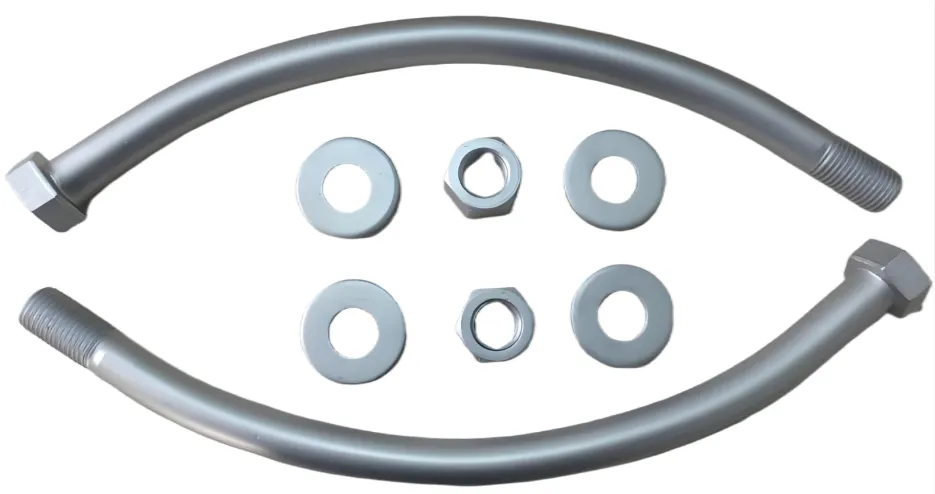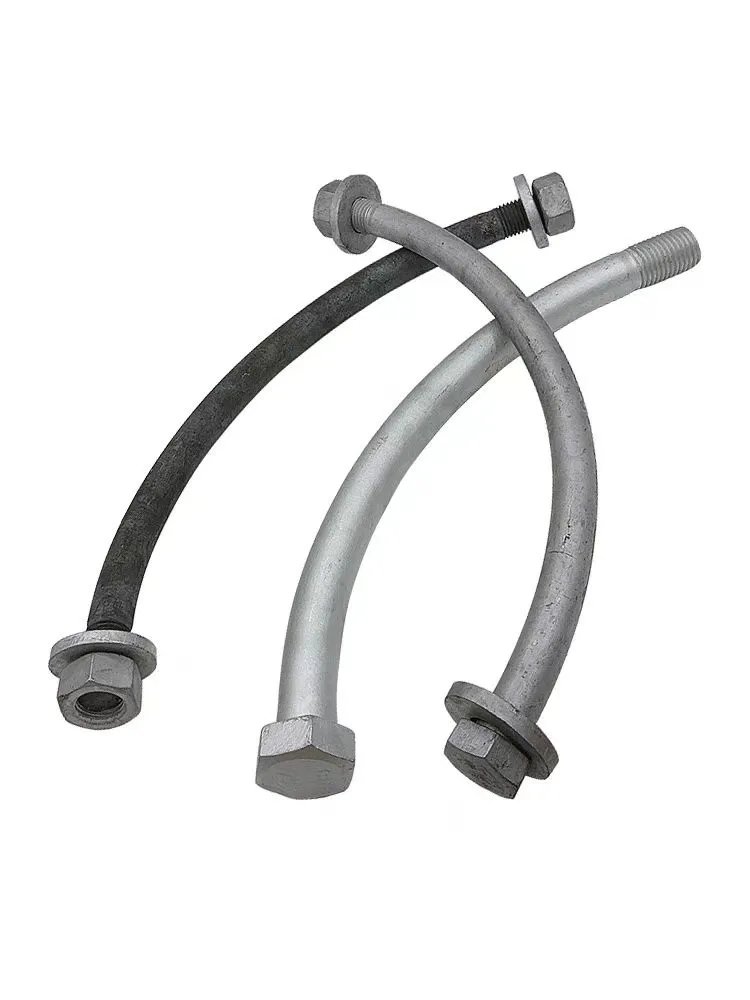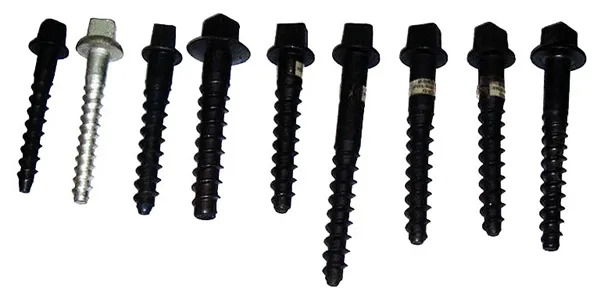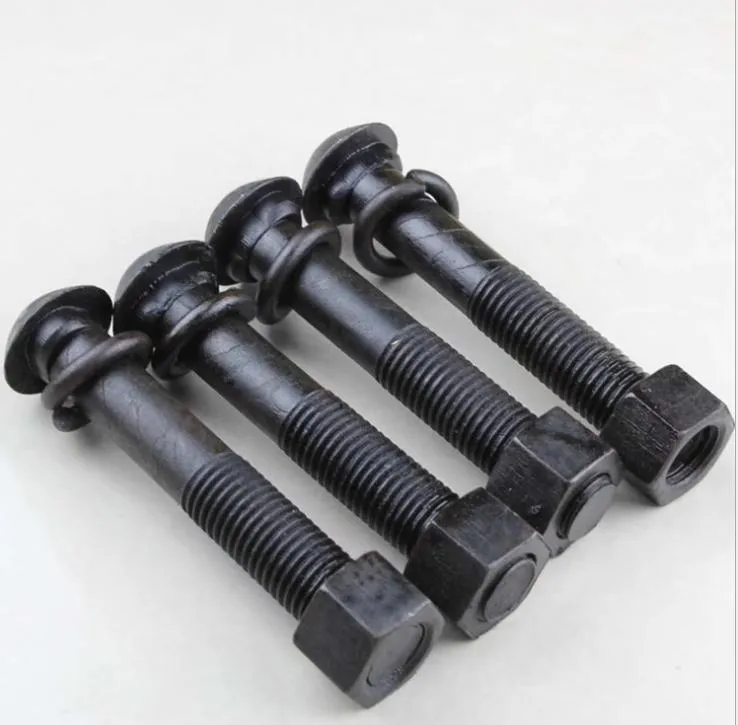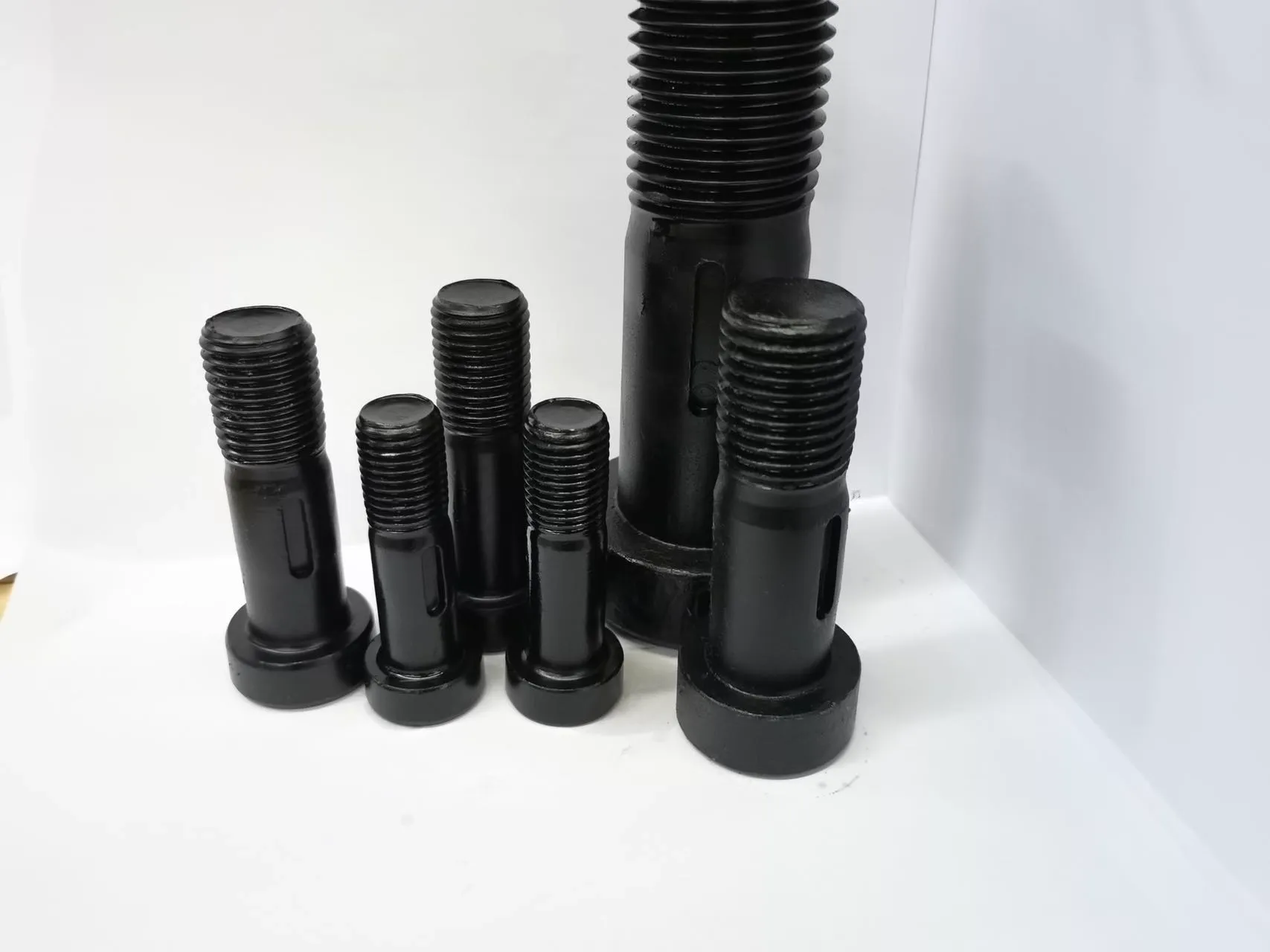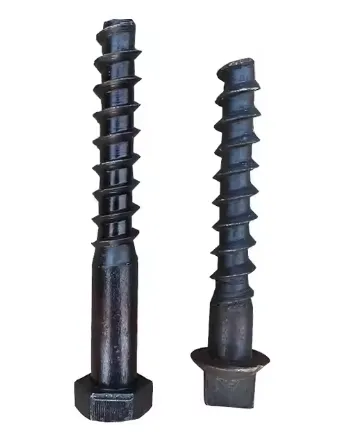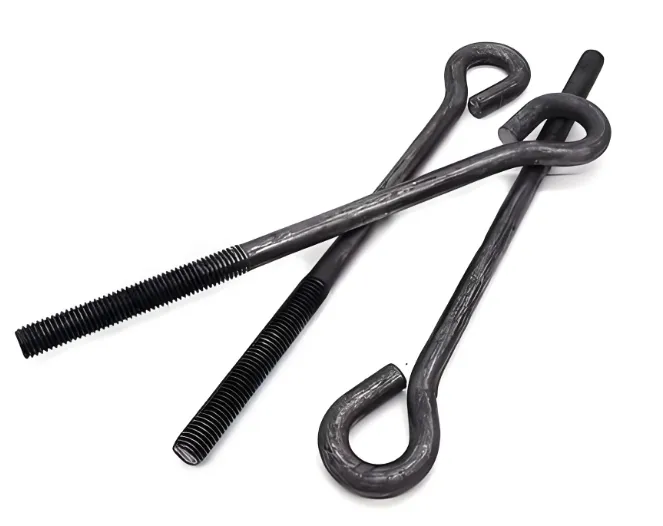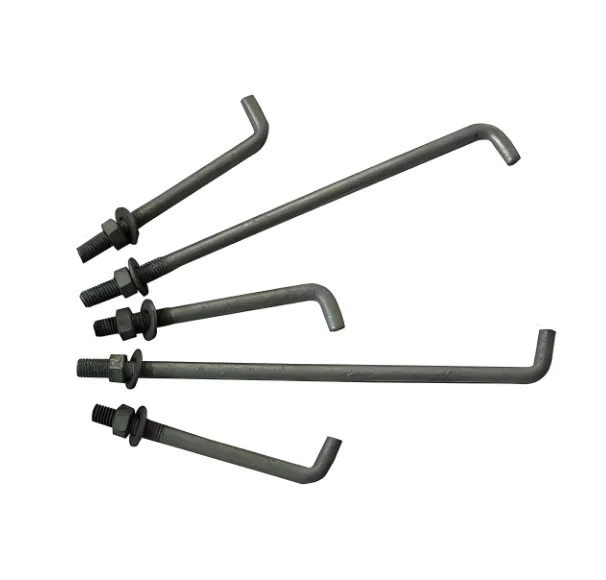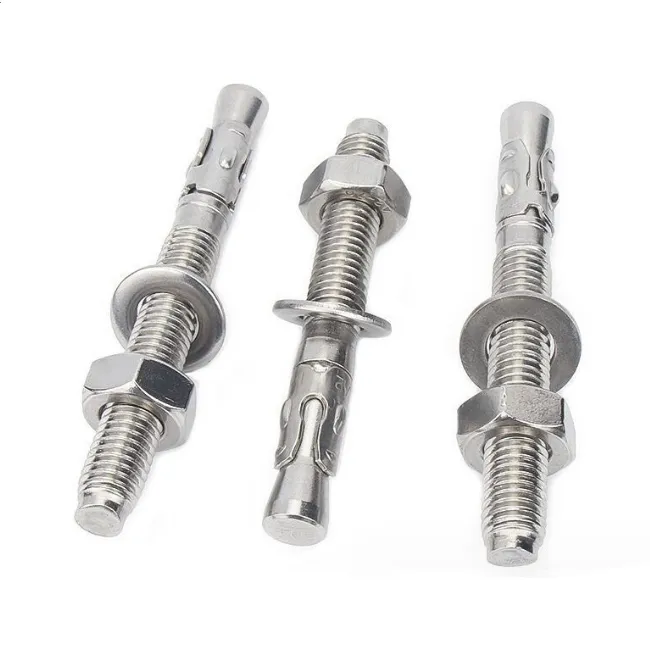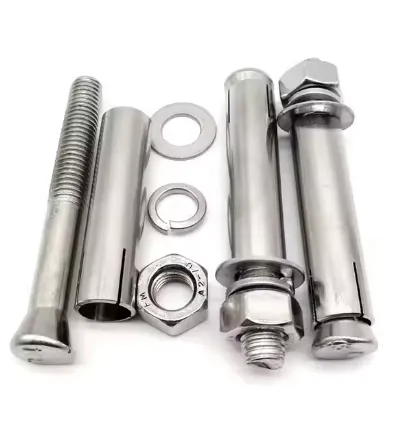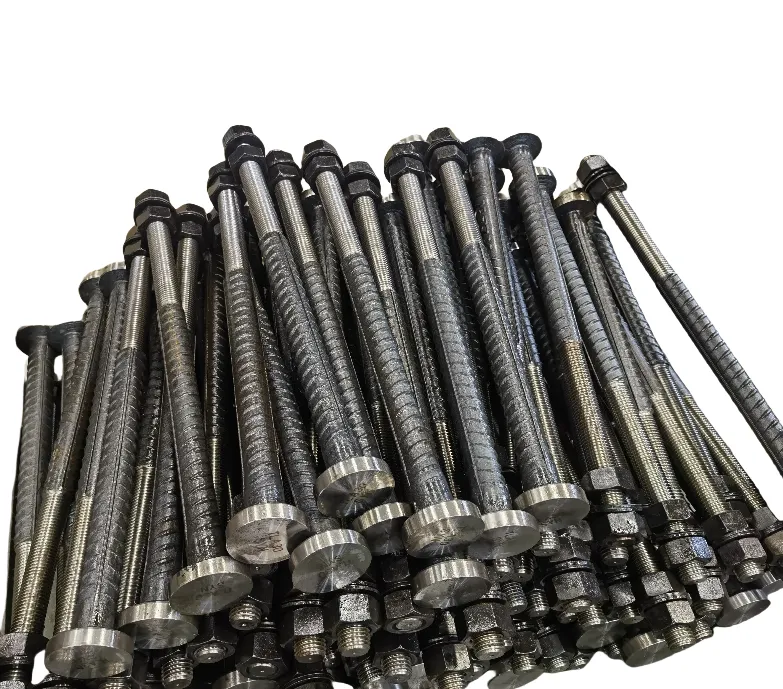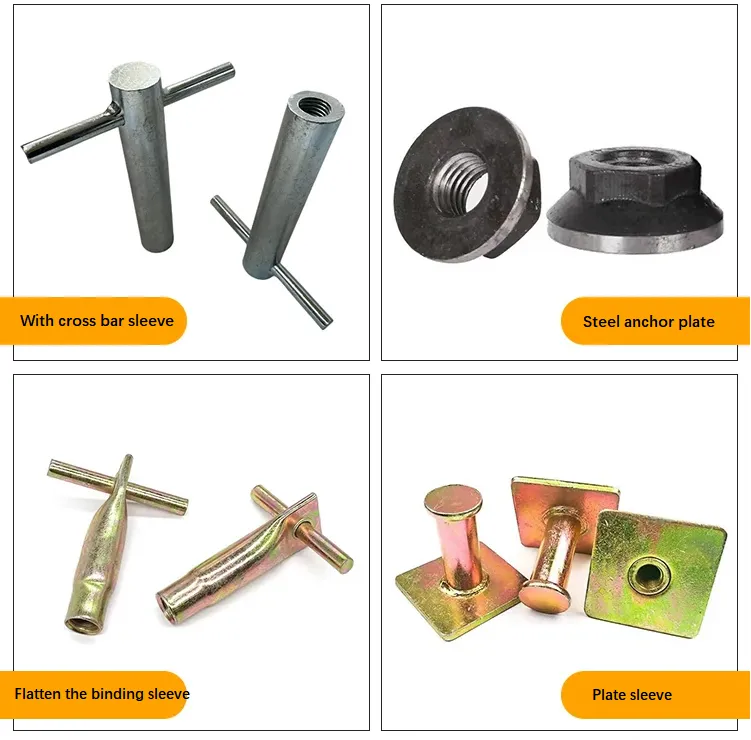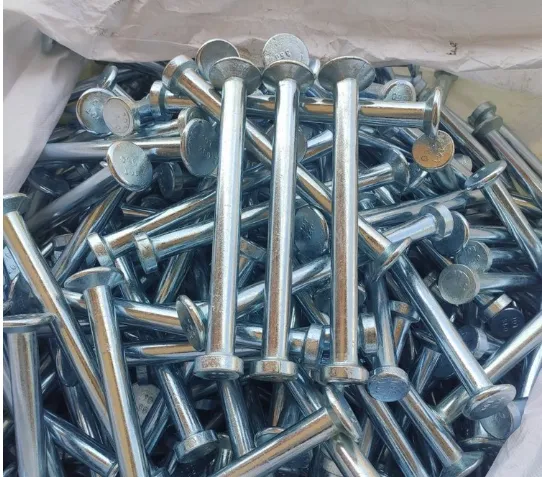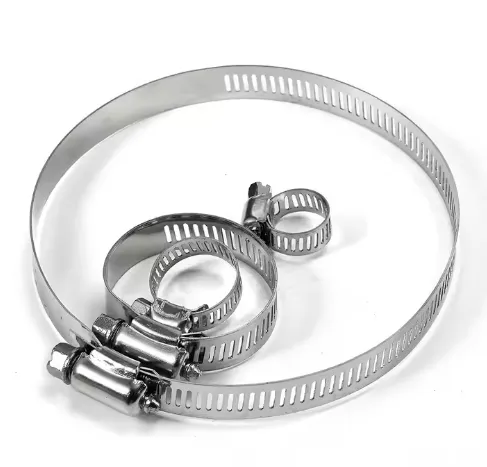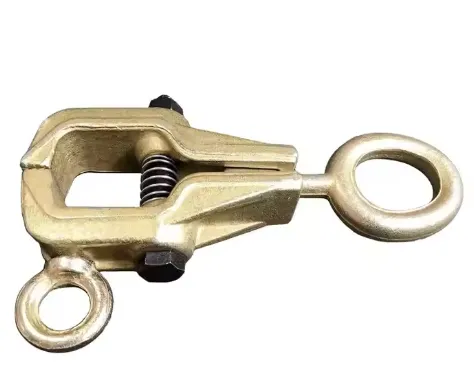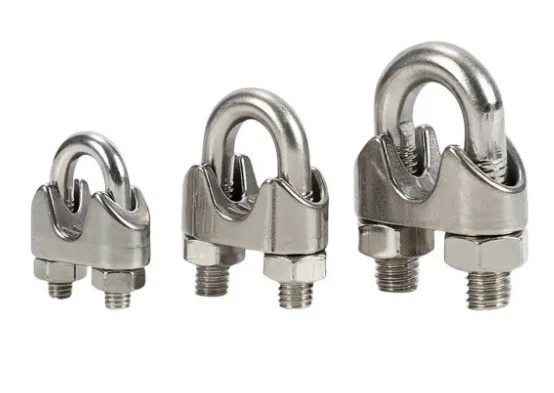-
-
-
-
 Split Set Rock Bolt for Full-Length Anchoring – Trusted in Geotechnical
Split Set Rock Bolt for Full-Length Anchoring – Trusted in Geotechnical -
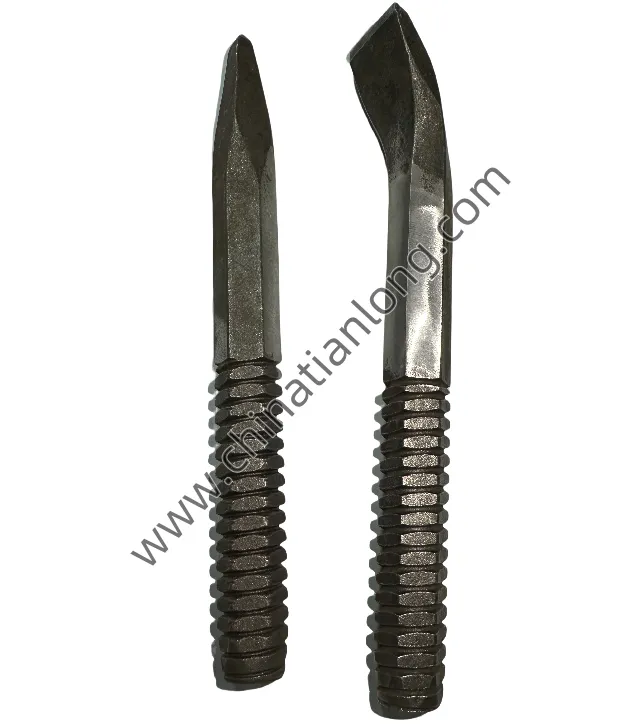 High-Tensile Hex Scaling Bar - HR or EPDM Blend Cover and SAR Rubber
High-Tensile Hex Scaling Bar - HR or EPDM Blend Cover and SAR Rubber -
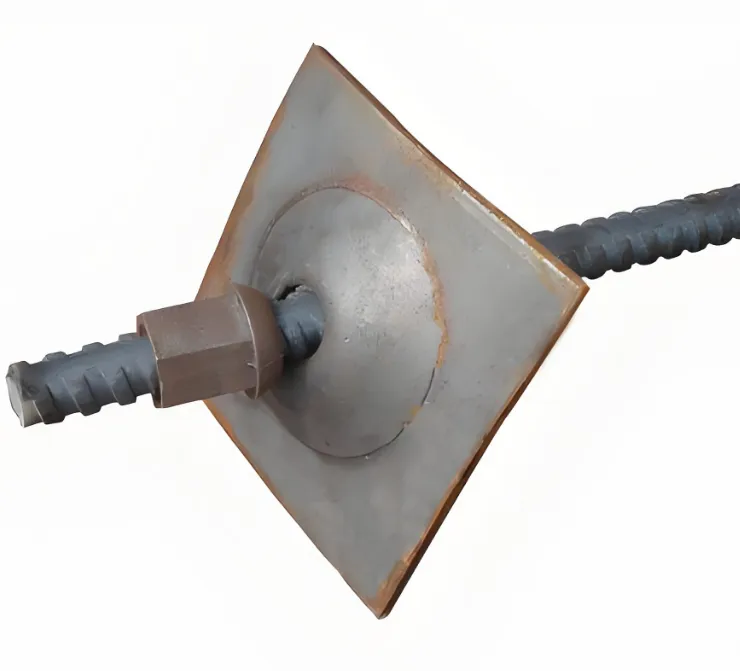 Threaded Steel Rock Bolts – Roof Anchoring for Mining and Tunnels
Threaded Steel Rock Bolts – Roof Anchoring for Mining and Tunnels -
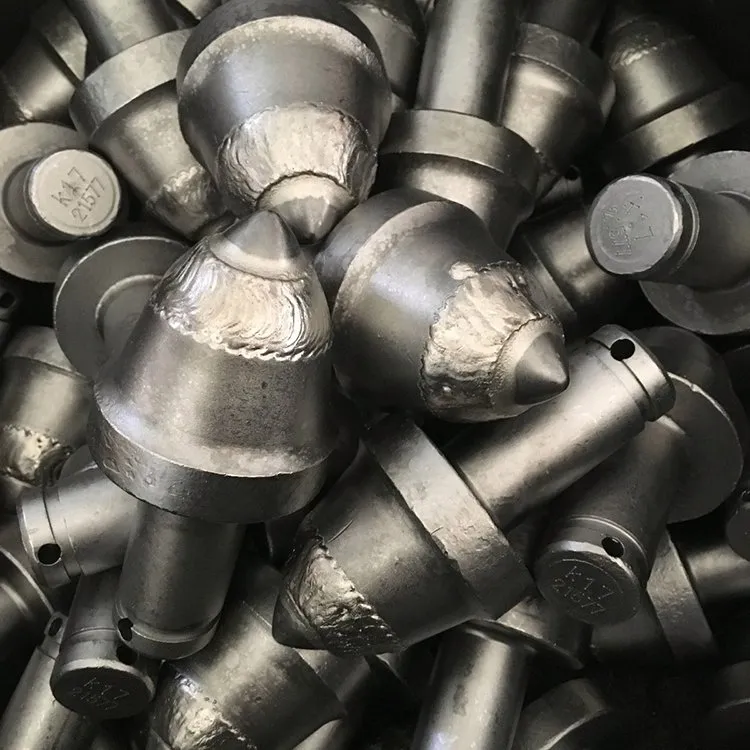 Tungsten Carbide Mining Cutting Picks - C31HD C30 B47K Series
Tungsten Carbide Mining Cutting Picks - C31HD C30 B47K Series -
 High-Efficiency Rock Drilling Bit - Carbide Superior Alloy Steel Finish
High-Efficiency Rock Drilling Bit - Carbide Superior Alloy Steel Finish -
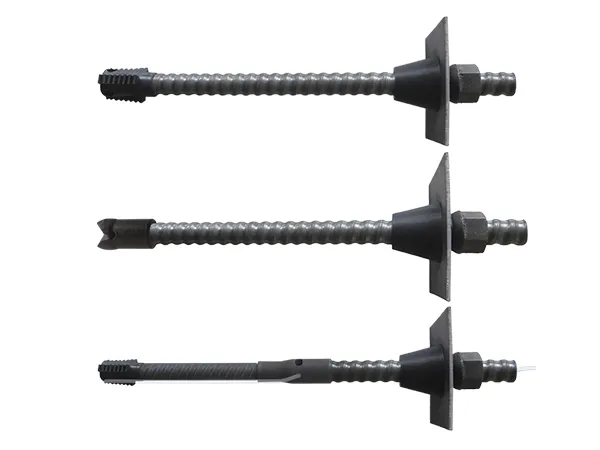 Hollow Anchor Bolts for Rock Soil Stabilization Full-System Solutions with Plate Nut
Hollow Anchor Bolts for Rock Soil Stabilization Full-System Solutions with Plate Nut -
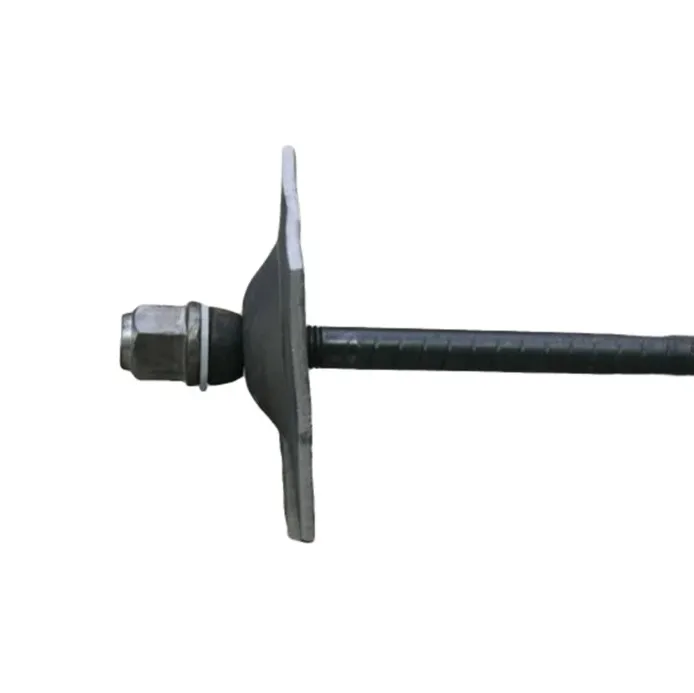 Left-Handed Rock Bolts ASTM 615 Grade 60 Stee Q335-Q600 Materials
Left-Handed Rock Bolts ASTM 615 Grade 60 Stee Q335-Q600 Materials -
 High-Quality B19 Drill Pipe for Coal Mining - M14*1.5 Thread, 16x6 Square Teeth
High-Quality B19 Drill Pipe for Coal Mining - M14*1.5 Thread, 16x6 Square Teeth
-
-
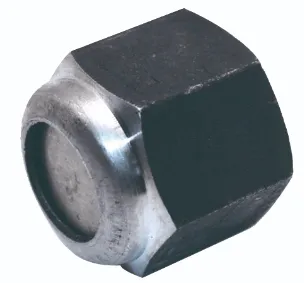 Torque Nuts M16-M24, Plain Black Finishes for Precise Fastening in Machinery & Construction
Torque Nuts M16-M24, Plain Black Finishes for Precise Fastening in Machinery & Construction -
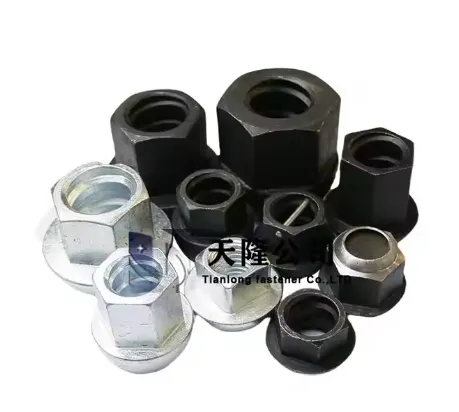 Mushroom Head Coal Mine Hex Nuts 4 Surface Finishes for Underground Safety
Mushroom Head Coal Mine Hex Nuts 4 Surface Finishes for Underground Safety -
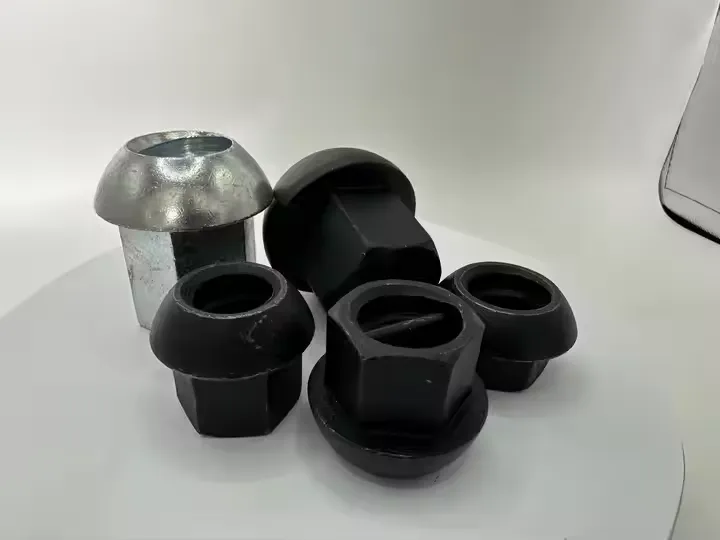 DIN 74361 Forged Dome Rock Nuts - Premium Coal Mining Nuts for Harsh Environments
DIN 74361 Forged Dome Rock Nuts - Premium Coal Mining Nuts for Harsh Environments -
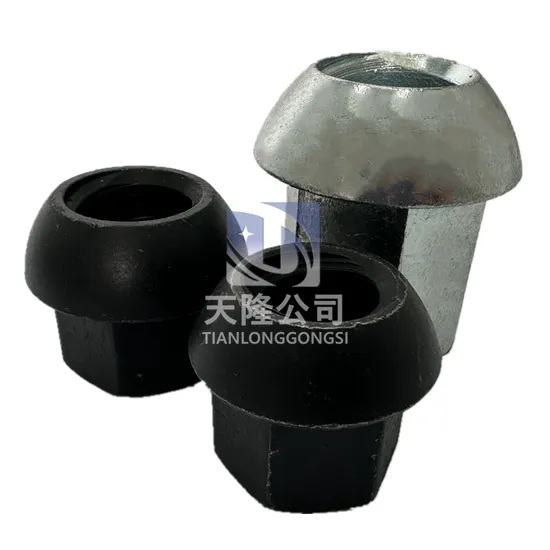 High-Strength Forged Nuts - S45C Steel, HRC 28-32 | Custom for Mining Support Systems
High-Strength Forged Nuts - S45C Steel, HRC 28-32 | Custom for Mining Support Systems -
 Premium Carbon Steel Dome Mine Nuts - Sizes M16 - M50 for Coal Mine Safety
Premium Carbon Steel Dome Mine Nuts - Sizes M16 - M50 for Coal Mine Safety
-
-
Auto parts and Hardlock lock nuts
-
Railway fittings and Building fittings
-
-
-
-
Industry News
As a leading fastener manufacturer and supplier in China, Tianlong Fastener Company experts share the latest news/technology/price trends/reviews in the fastener industry.
The Ins and Outs of Flange Bolts in the Industrial Equipment and Components Sector
2025-08-28
Flange bolts play a crucial role in the industrial equipment and components sector, specifically in the realm of fasteners and connectors. In this article, we delve into the world of flange bolts, exploring their purpose, benefits, and applications. By the end, professionals in the industry will have a comprehensive understanding of these essential hardware components.
1. Understanding Flange Bolts:
Flange bolts are specialized fasteners designed to provide a secure connection between two components. They consist of a hexagonal head, a shank with external threads, and a flange beneath the head. The flange serves as a built-in washer, eliminating the need for separate washers in many applications.
2. Benefits of Flange Bolts:
The unique design of flange bolts offers several advantages in industrial settings. Firstly, their integrated washer reduces the risk of leaks and loosening due to vibrations, ensuring enhanced reliability and safety. Additionally, the larger surface area of the flange distributes pressure more evenly, minimizing the potential for damage to the connected components. This feature also allows for higher torque application, providing a stronger joint compared to standard bolts.
3. Applications of Flange Bolts:
Flange bolts find applications across various industries, including automotive, construction, and machinery. They are commonly used in applications where a secure, leak-resistant, and vibration-resistant connection is required. For instance, in pipeline systems, flange bolts play a vital role in connecting flanges to pipes, ensuring a tight seal and preventing leakage. They are also widely utilized in the assembly of heavy machinery, where the connection strength is of utmost importance.
4. Flange Bolt Materials:
Flange bolts are available in a range of materials to suit different applications and environments. Common materials include carbon steel, stainless steel, and alloy steel. Each material offers specific characteristics, such as corrosion resistance, strength, and temperature tolerance, allowing professionals to select the most suitable option for their specific requirements.
5. Proper Installation and Maintenance:
To ensure optimal performance and longevity, proper installation and maintenance of flange bolts are crucial. It is essential to follow manufacturer guidelines regarding torque specifications and tightening sequences to achieve the desired clamping force. Additionally, regular inspections and preventive maintenance should be conducted to identify any signs of wear, corrosion, or degradation, ensuring the bolts continue to perform effectively.
Conclusion:
Flange bolts are indispensable components in the fasteners and connectors industry, serving as reliable and robust connections in various industrial applications. From their integrated washer design to their ability to withstand vibrations and prevent leaks, flange bolts offer numerous benefits. Professionals in the industrial equipment and components sector must understand the versatility and advantages of flange bolts to make informed decisions when selecting and implementing these essential hardware components.
Contact Us
E-mail:
[email protected]
Phone/WhatsApp:
+86 15132010868
Address:
Tianlong Company, Yongnian District, Handan, Hebei, China

Hebei Tianlong Fastener Co., Ltd
Contact: Sophia
Tel: +86 18630088852
Tel: +86 15132010868
E-mail: [email protected]
E-mail: [email protected]
Add: Tianlong Company, Yongnian District, Handan, Hebei, China
-
Railway fittings and Building fittings
-
-
-
Split Set Rock Bolt for Full-Length Anchoring – Trusted in Geotechnical
-
High-Tensile Hex Scaling Bar - HR or EPDM Blend Cover and SAR Rubber
-
Threaded Steel Rock Bolts – Roof Anchoring for Mining and Tunnels
-
Tungsten Carbide Mining Cutting Picks - C31HD C30 B47K Series
-
High-Efficiency Rock Drilling Bit - Carbide Superior Alloy Steel Finish
-
Hollow Anchor Bolts for Rock Soil Stabilization Full-System Solutions with Plate Nut
-
Left-Handed Rock Bolts ASTM 615 Grade 60 Stee Q335-Q600 Materials
-
High-Quality B19 Drill Pipe for Coal Mining - M14*1.5 Thread, 16x6 Square Teeth
-
-
Torque Nuts M16-M24, Plain Black Finishes for Precise Fastening in Machinery & Construction
-
Mushroom Head Coal Mine Hex Nuts 4 Surface Finishes for Underground Safety
-
DIN 74361 Forged Dome Rock Nuts - Premium Coal Mining Nuts for Harsh Environments
-
High-Strength Forged Nuts - S45C Steel, HRC 28-32 | Custom for Mining Support Systems
-
Premium Carbon Steel Dome Mine Nuts - Sizes M16 - M50 for Coal Mine Safety
-
Request Quote
















